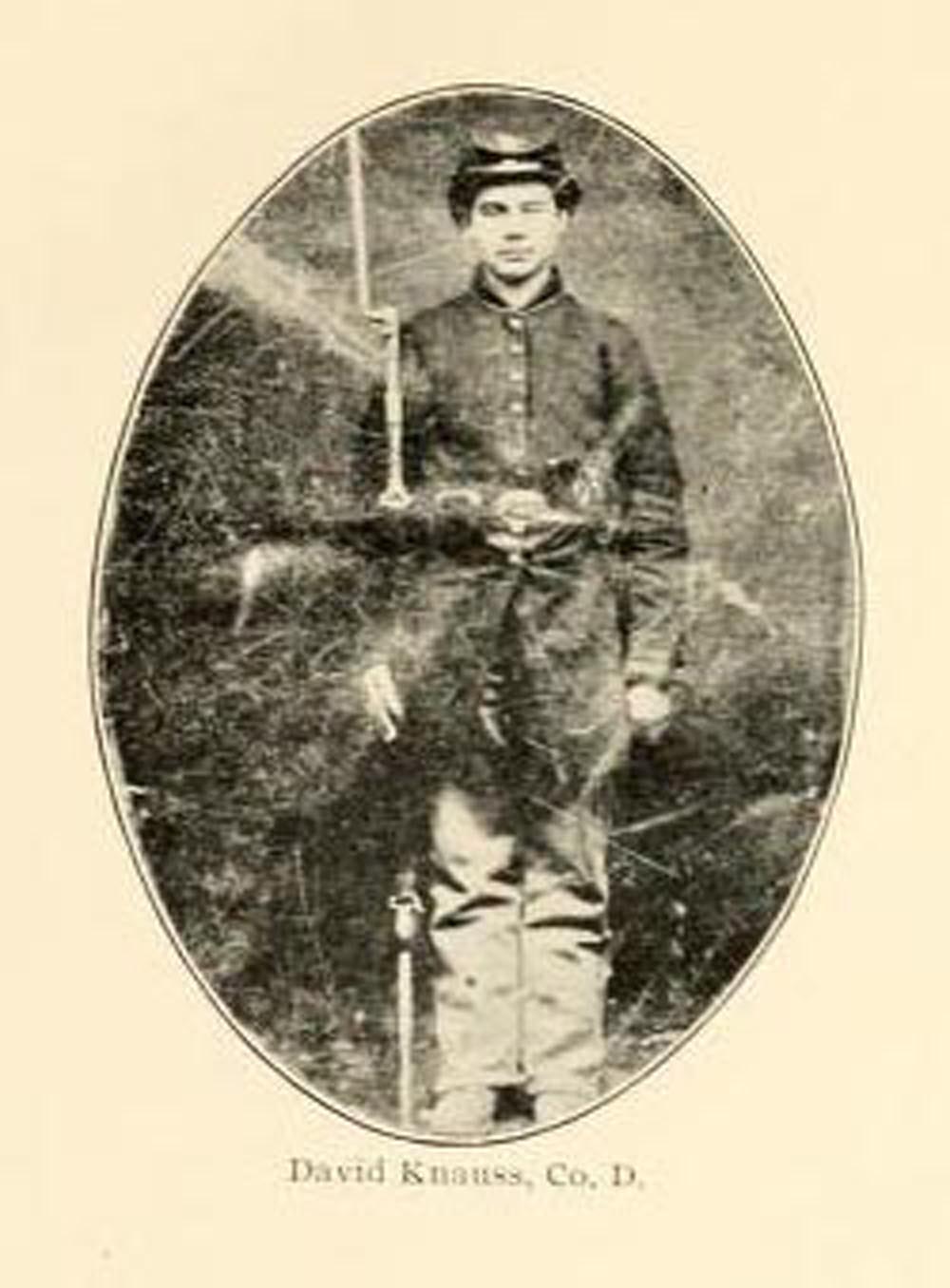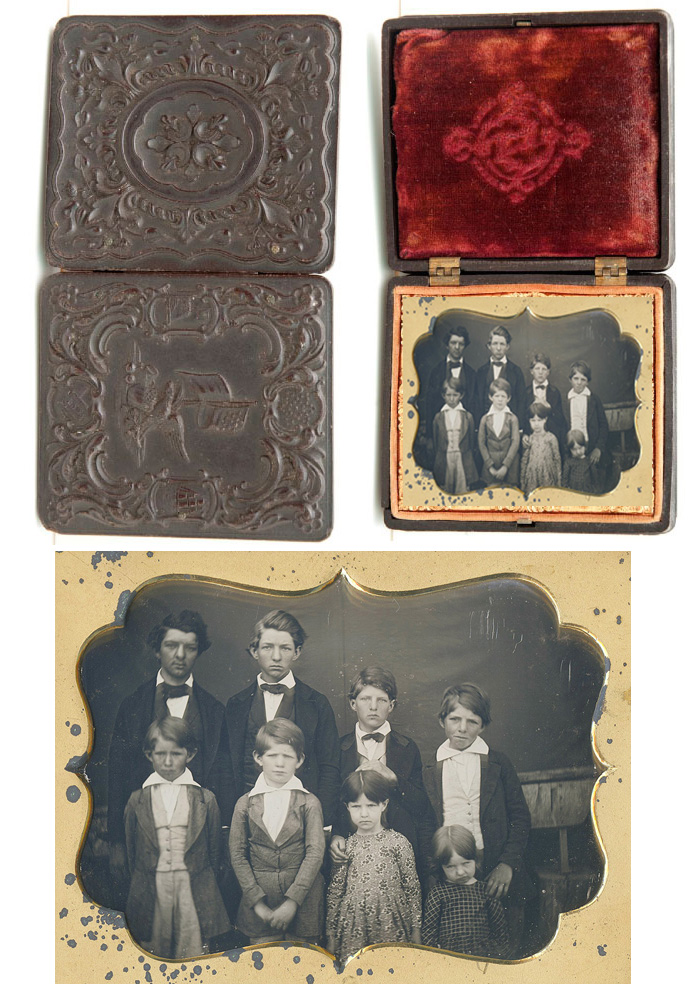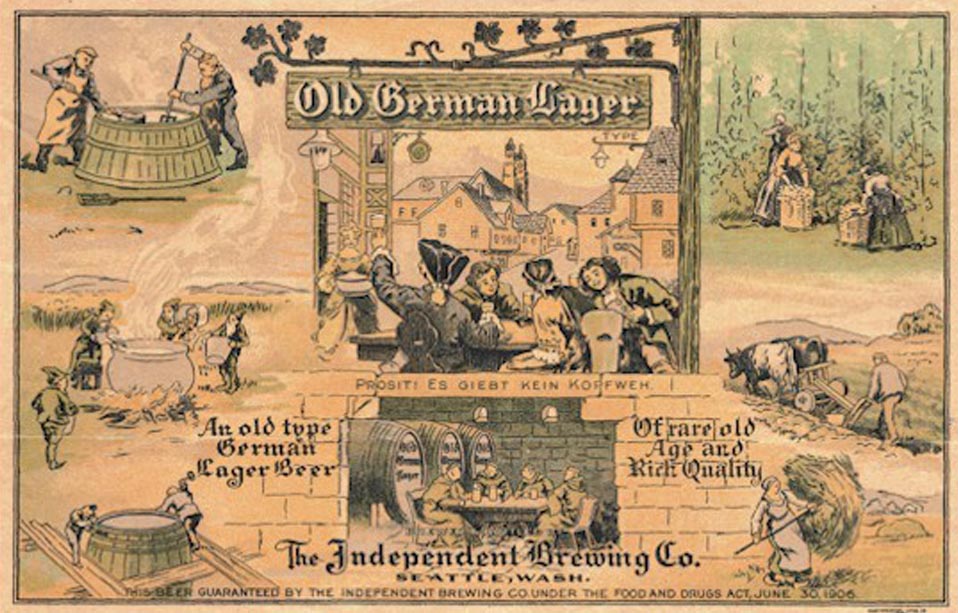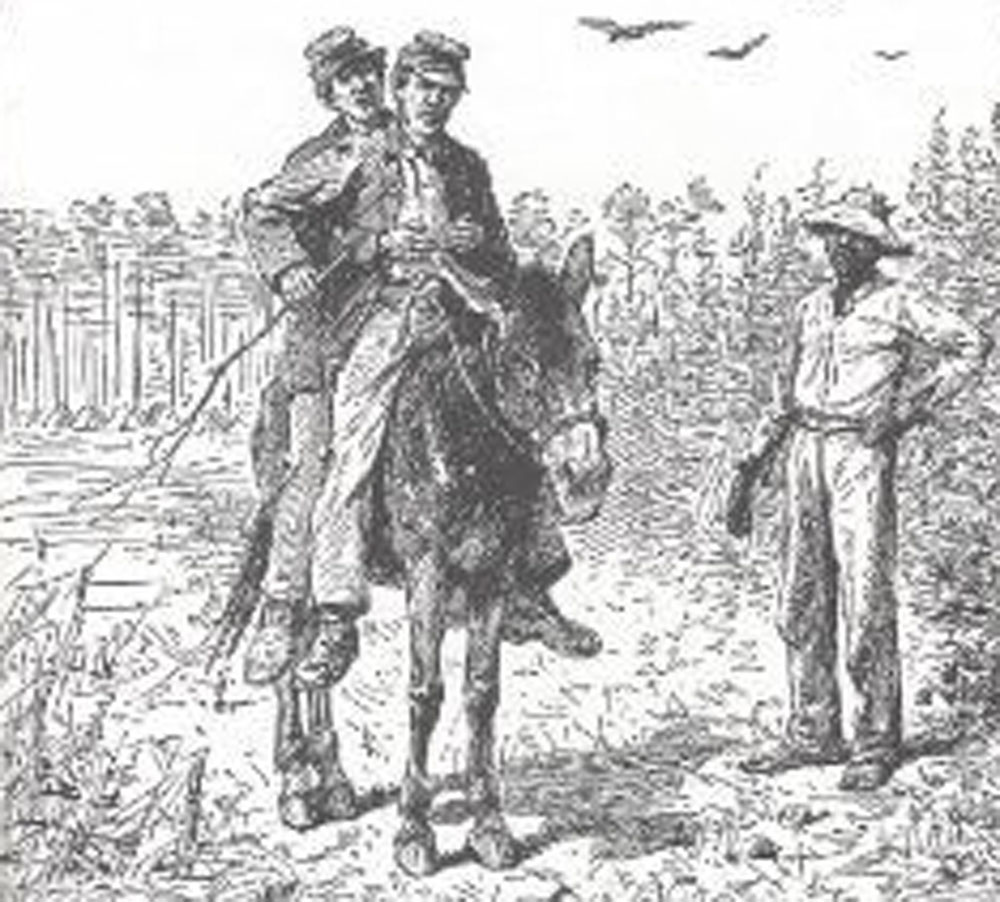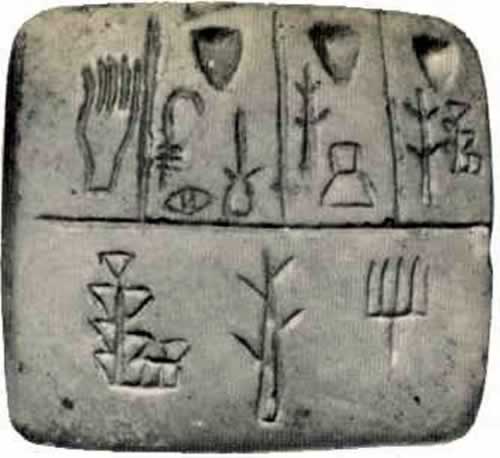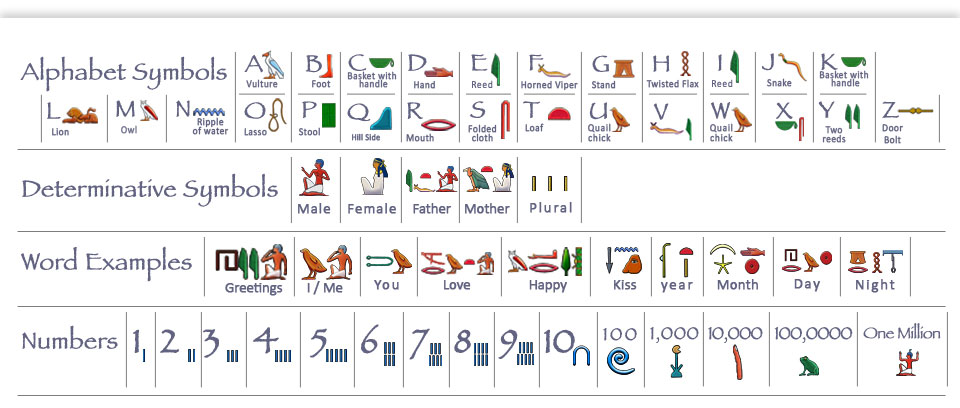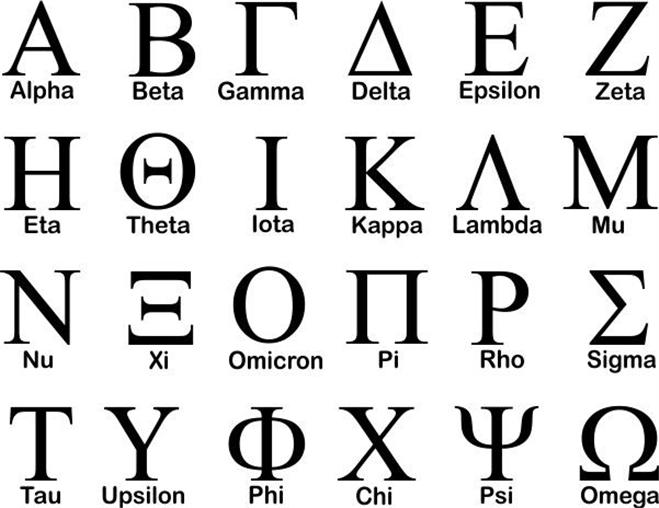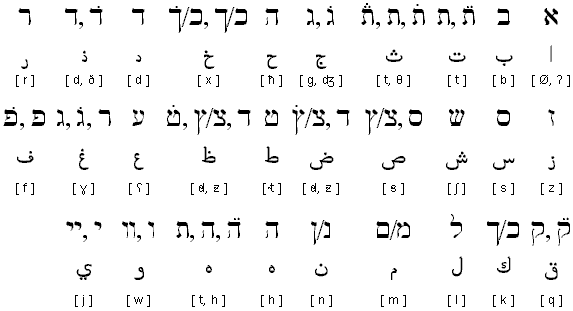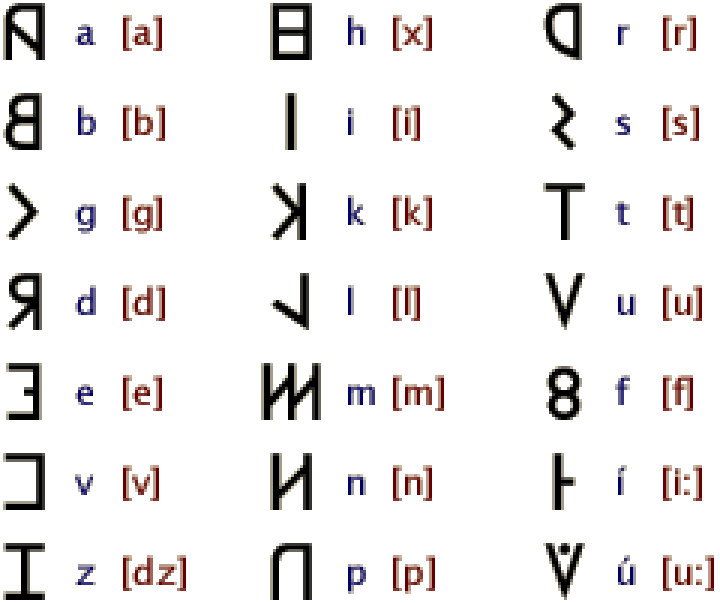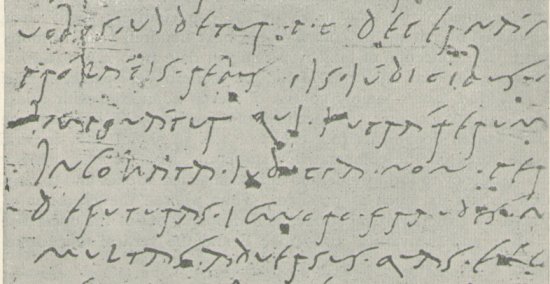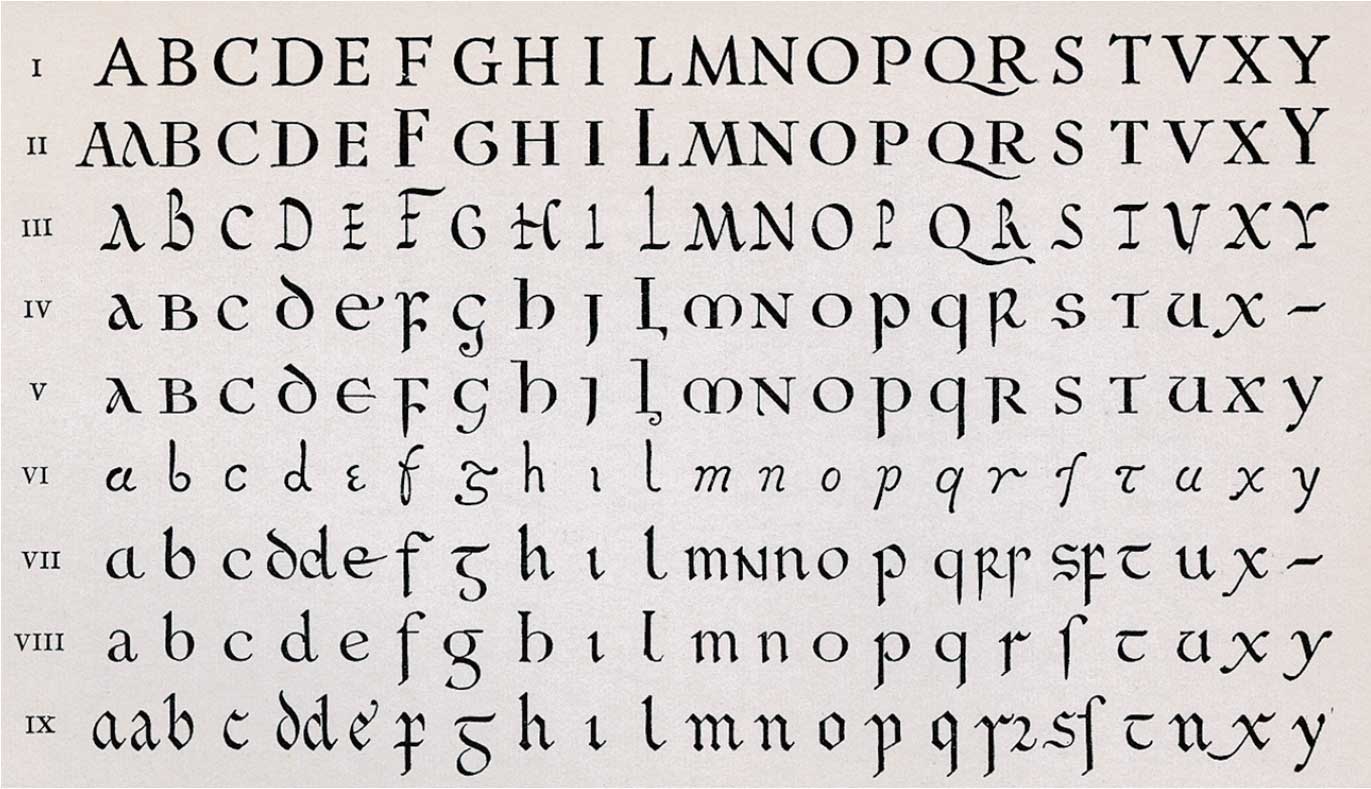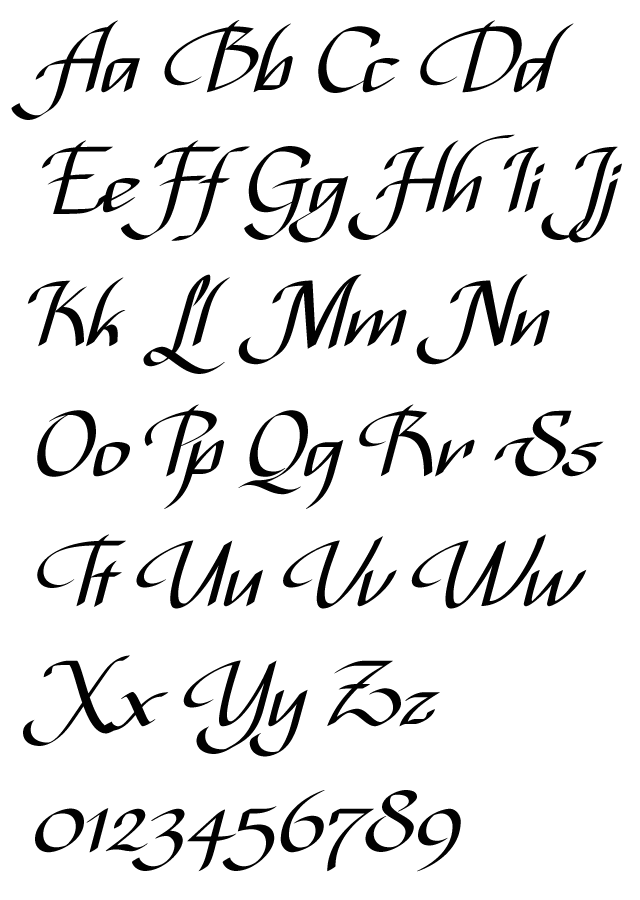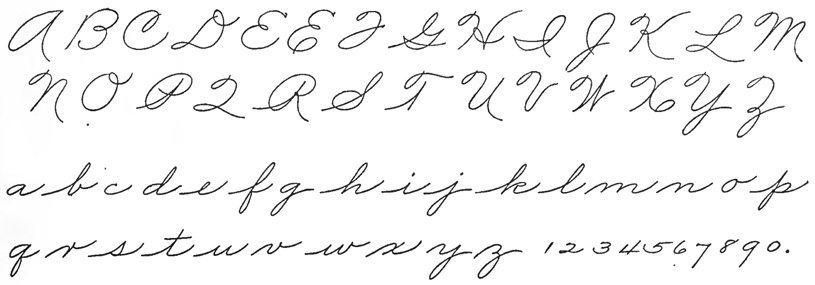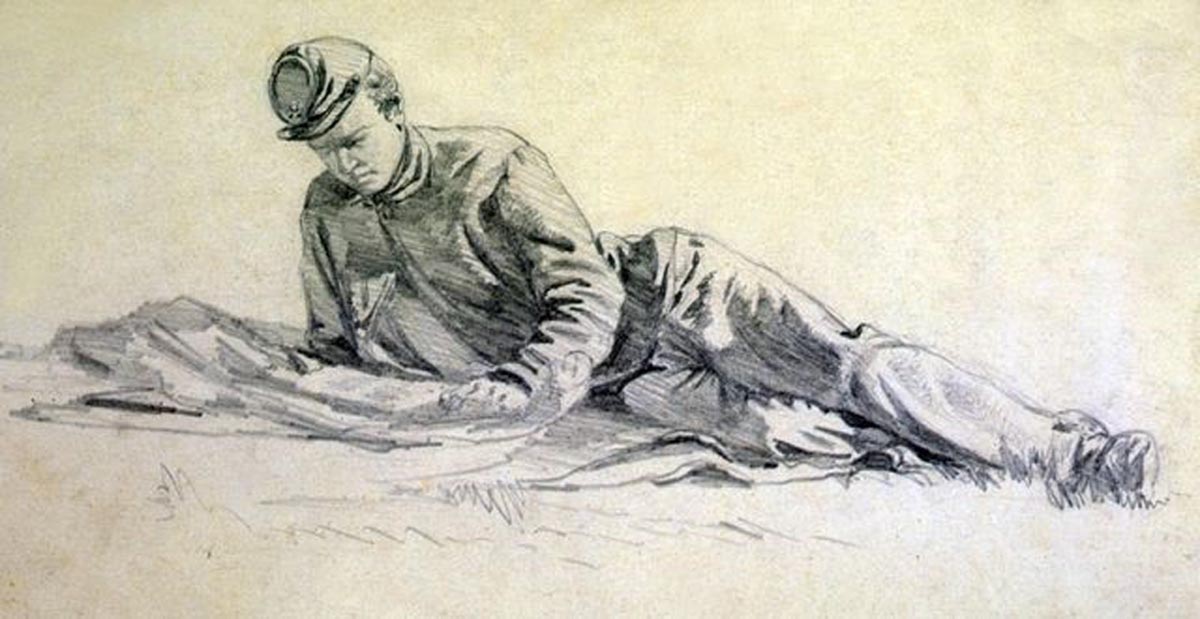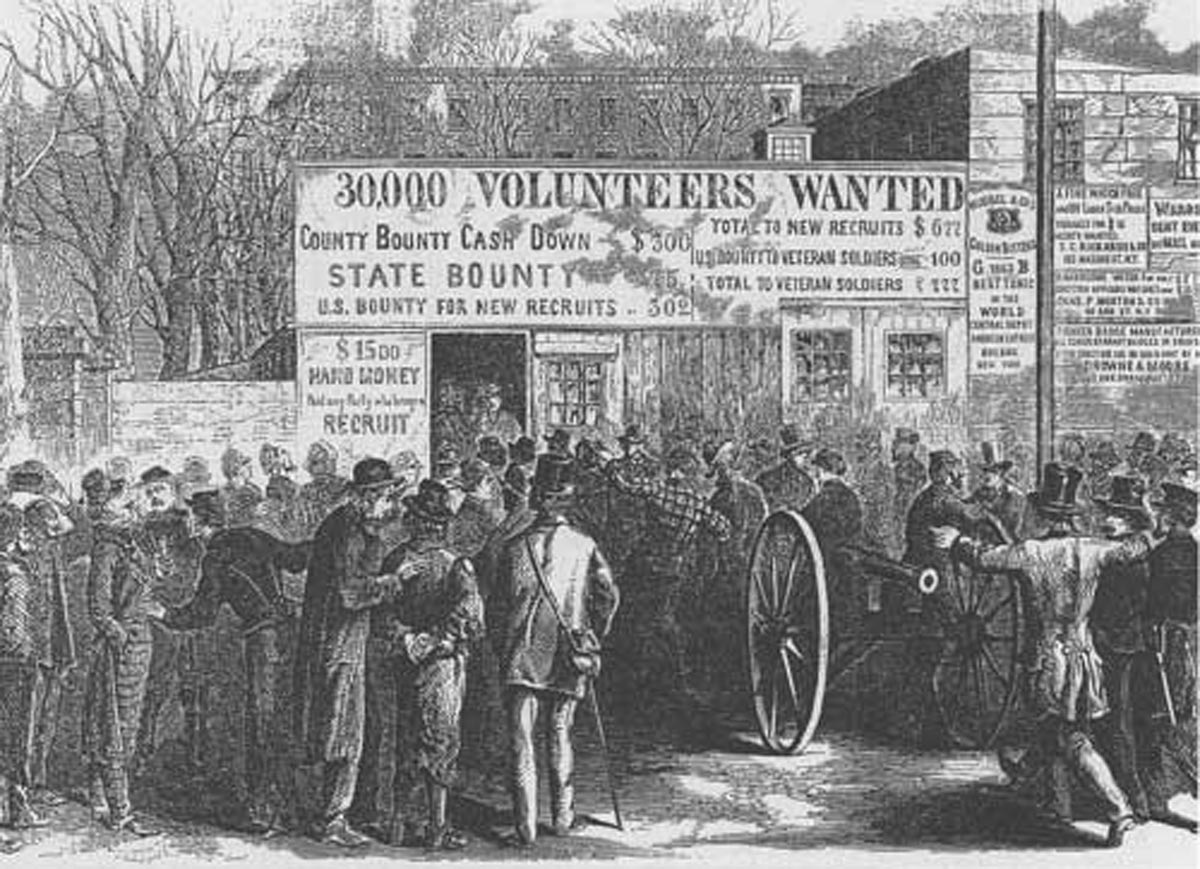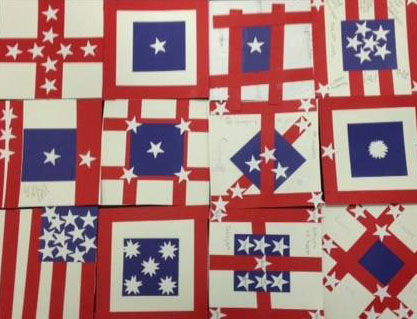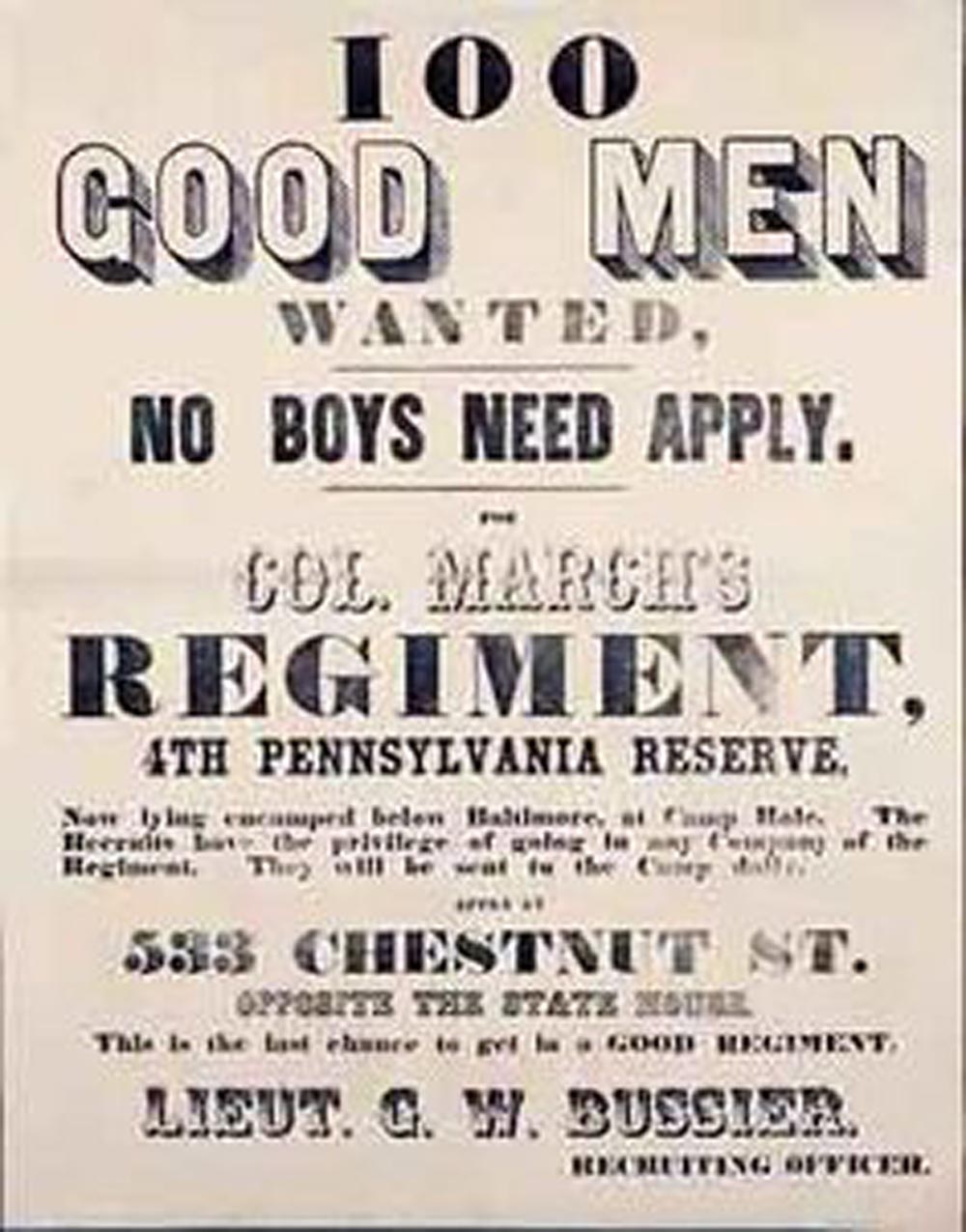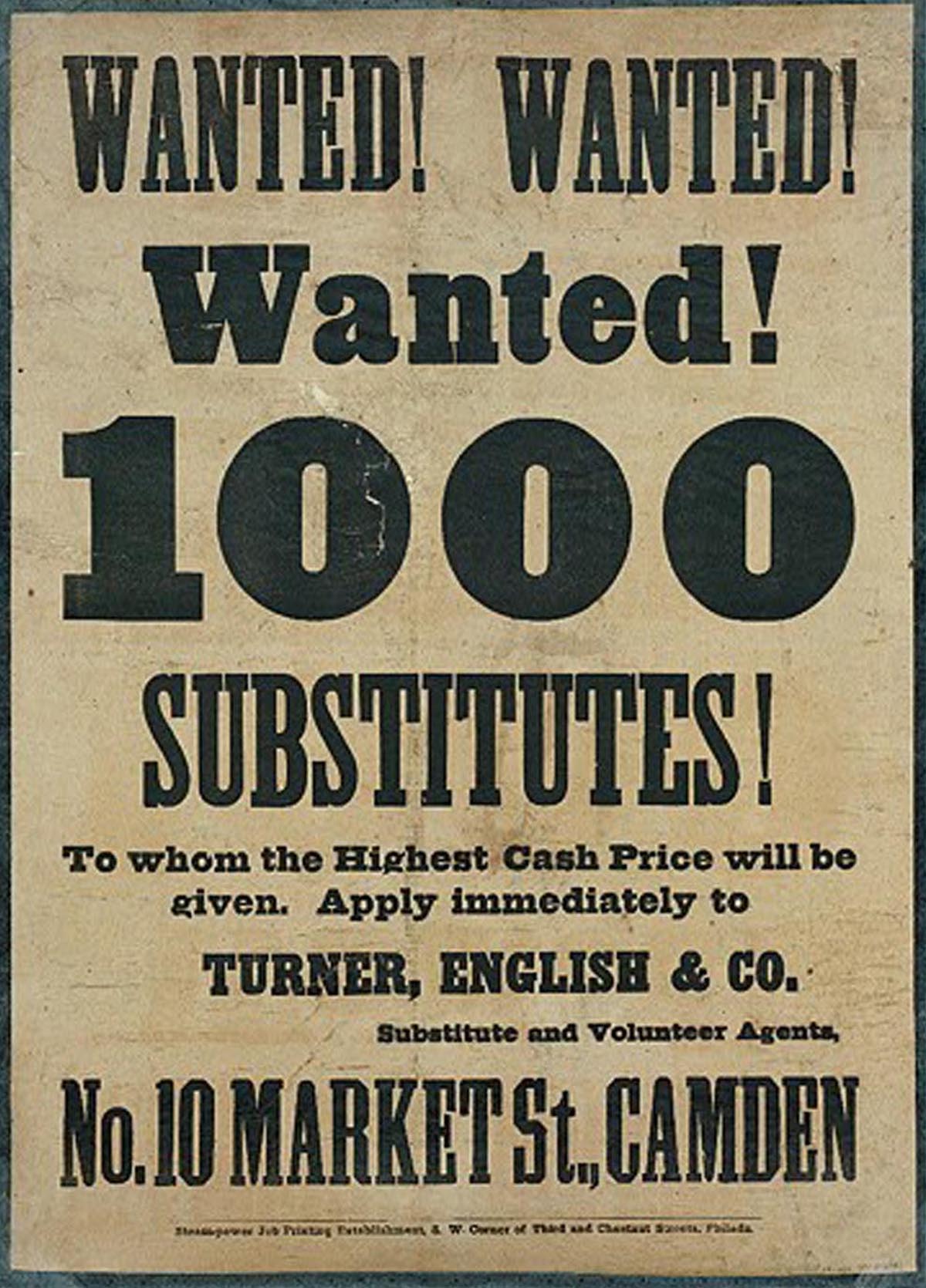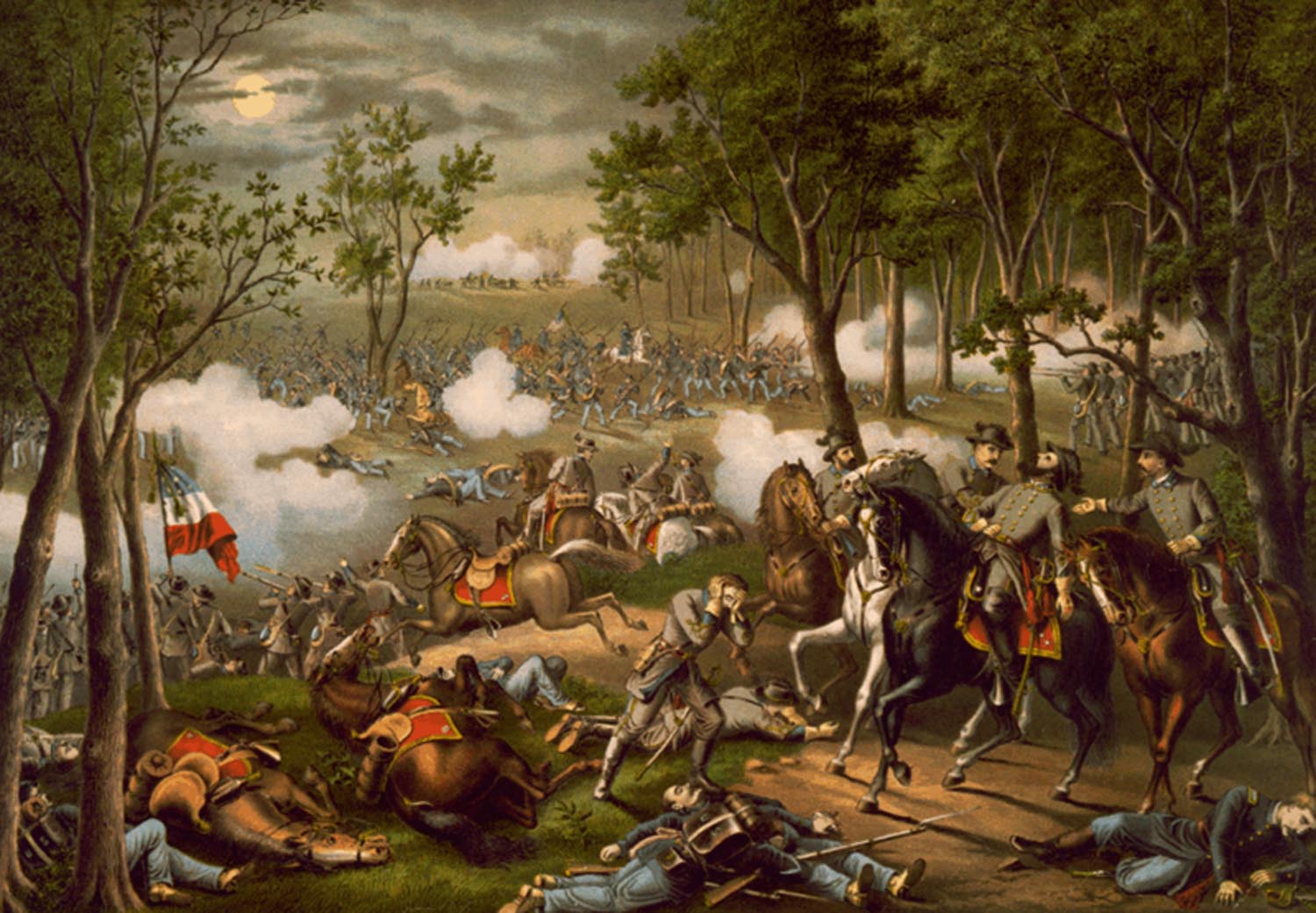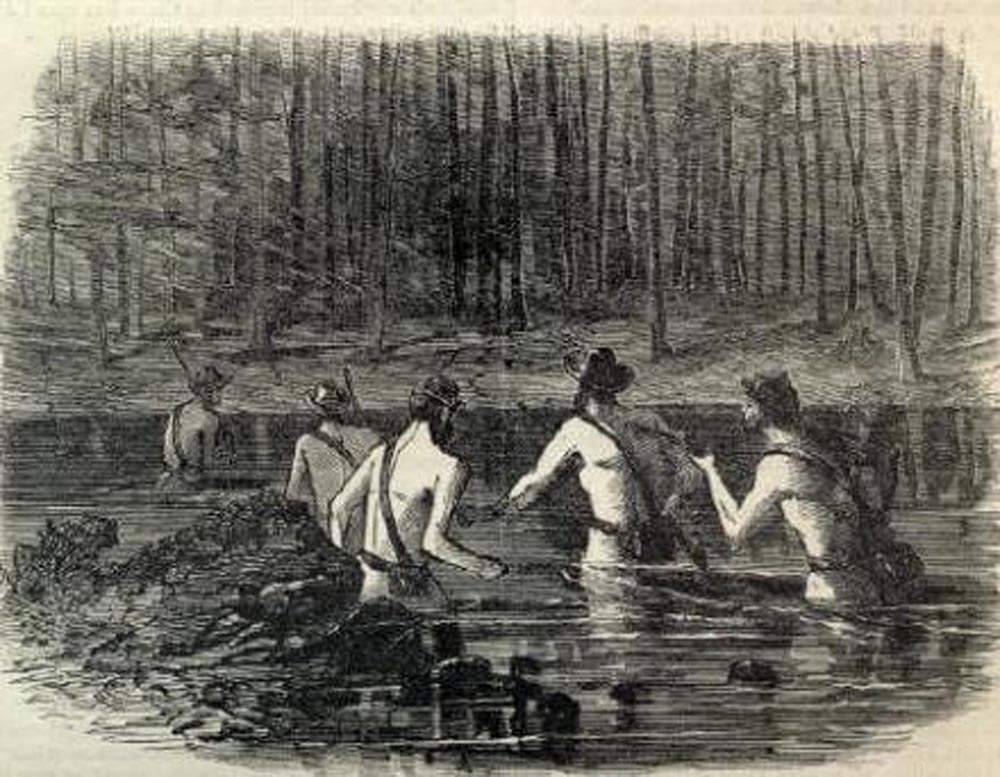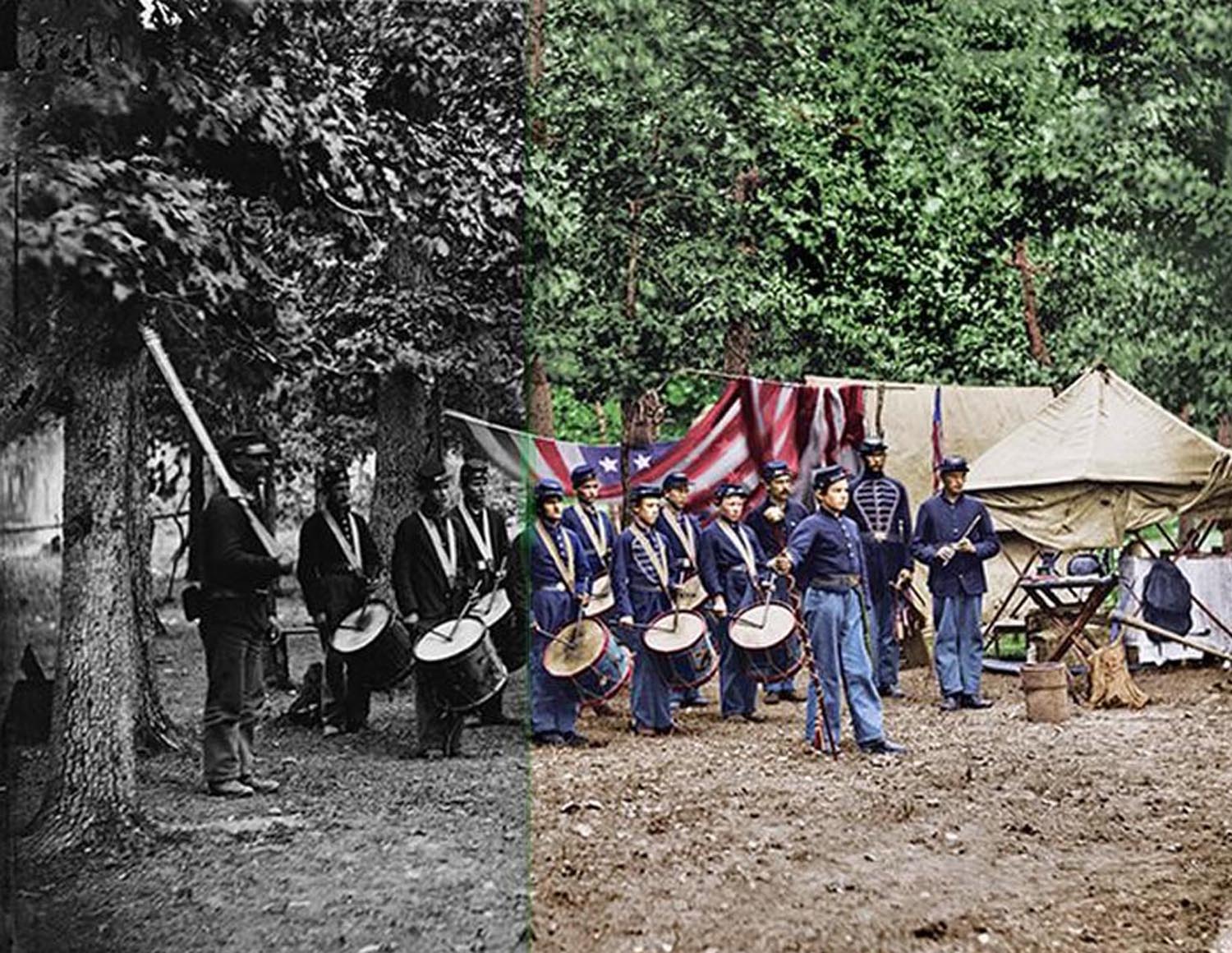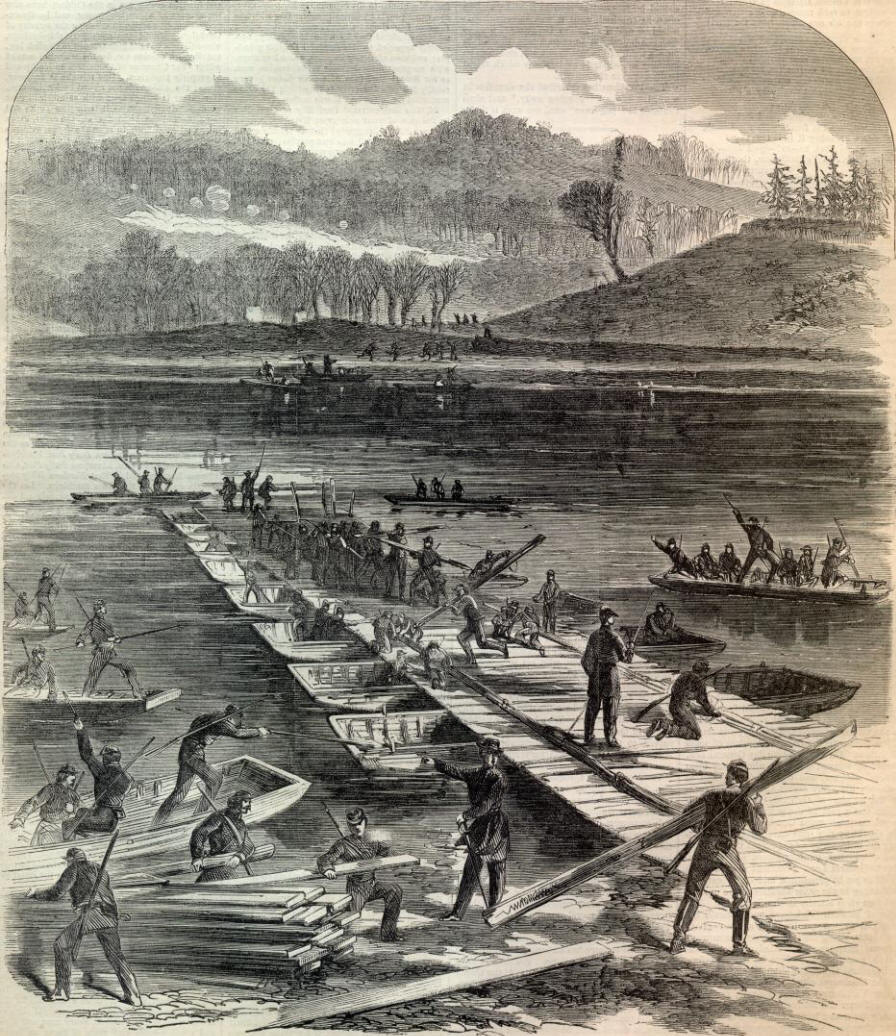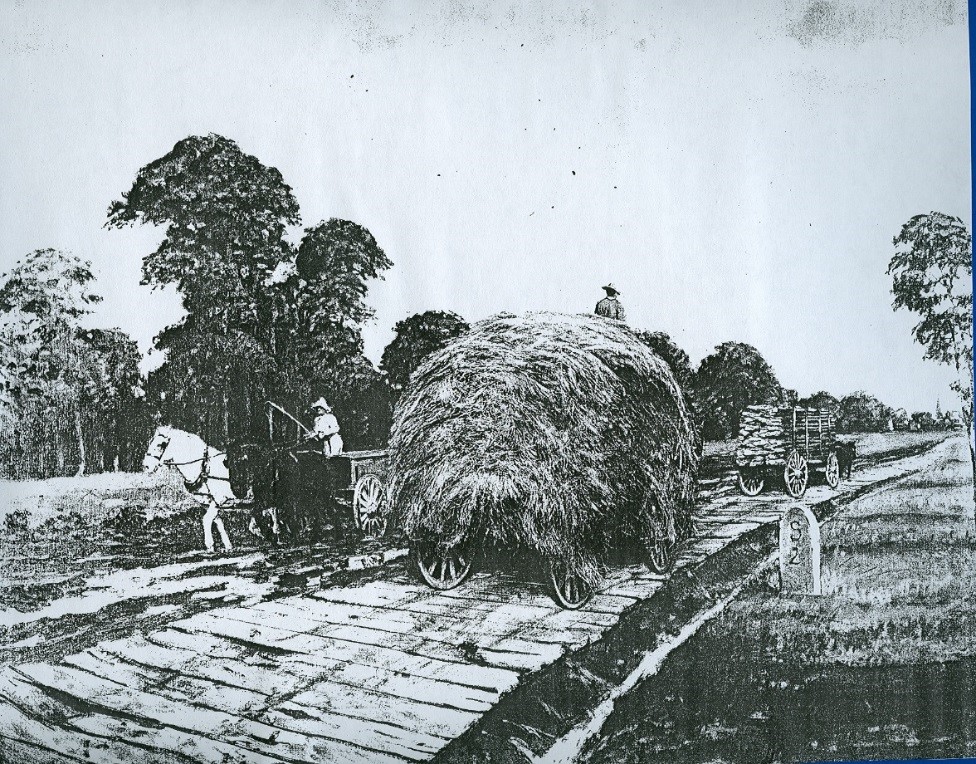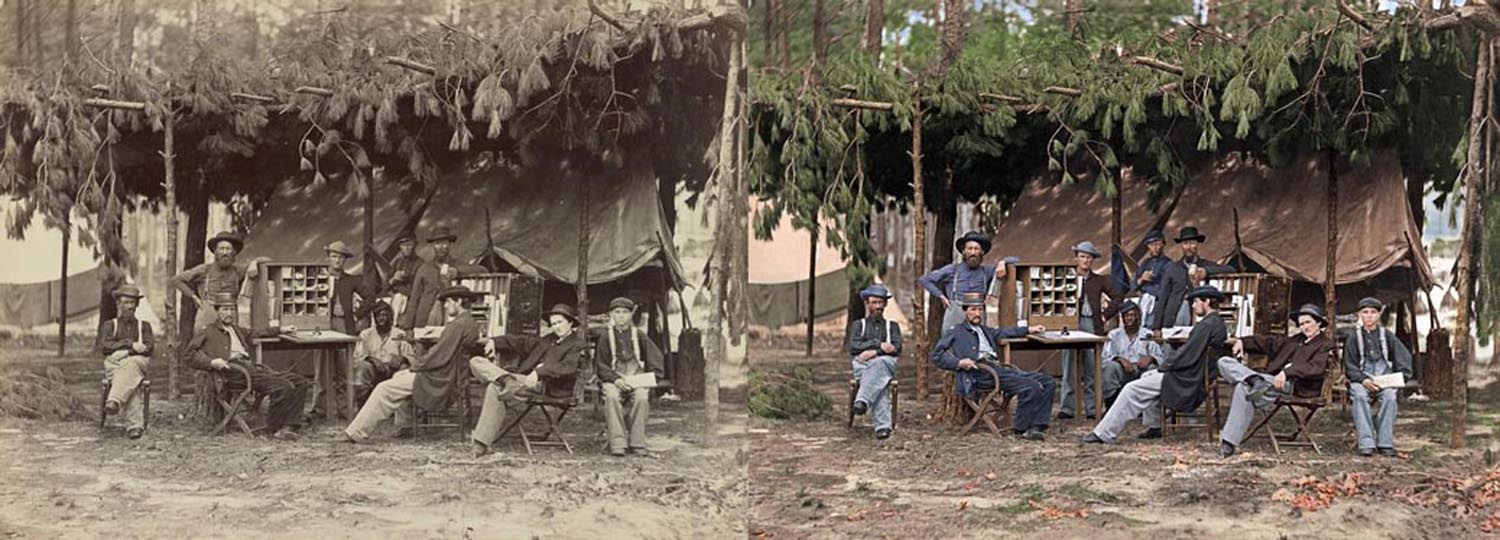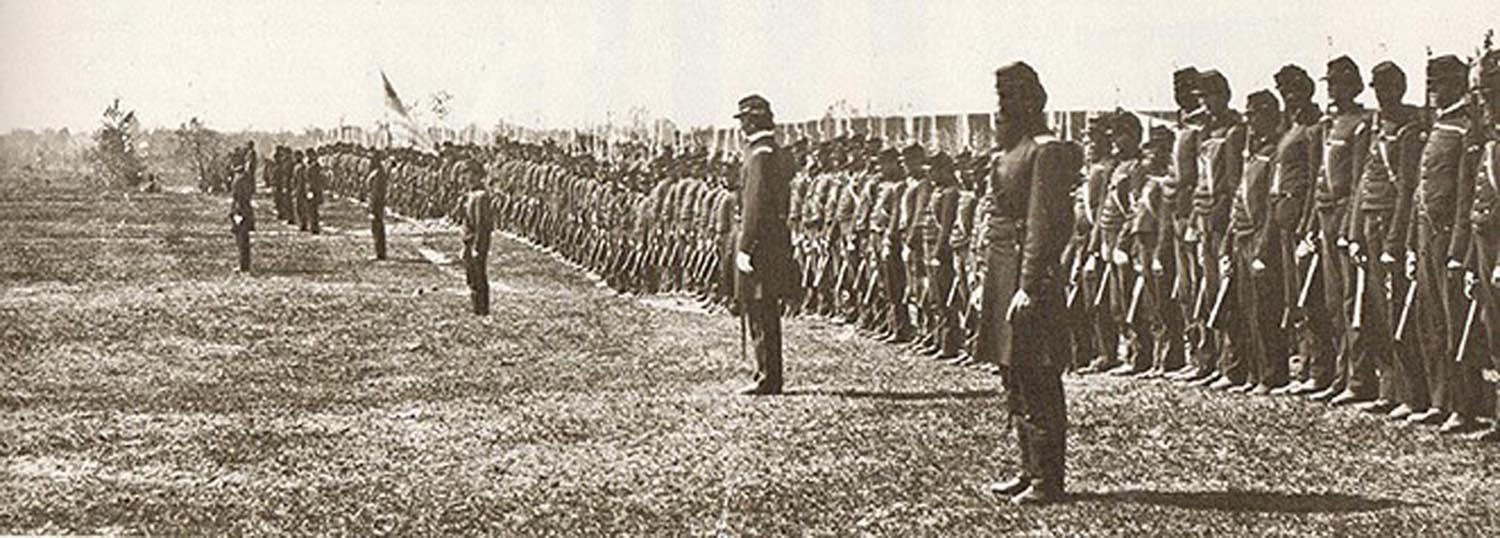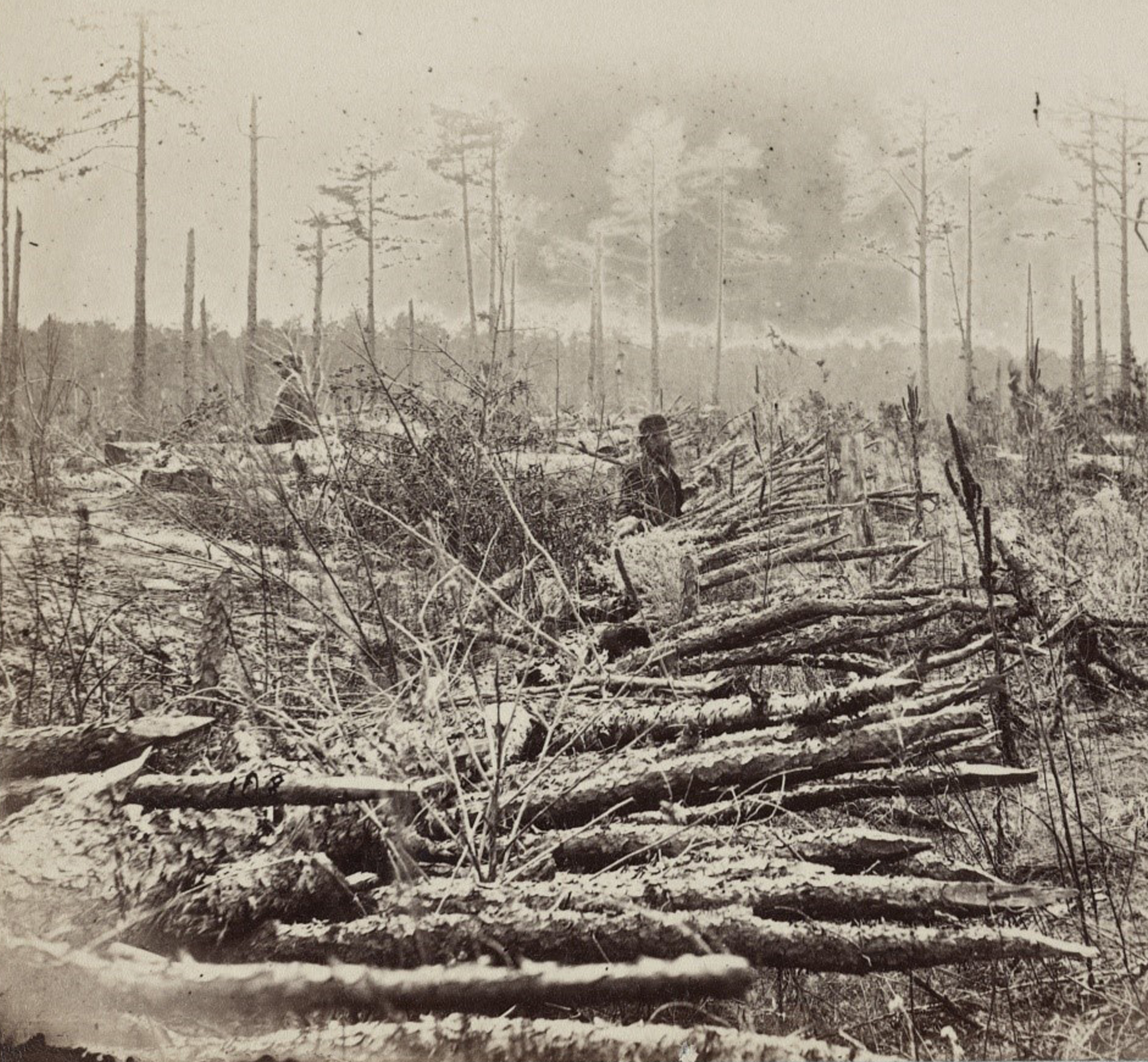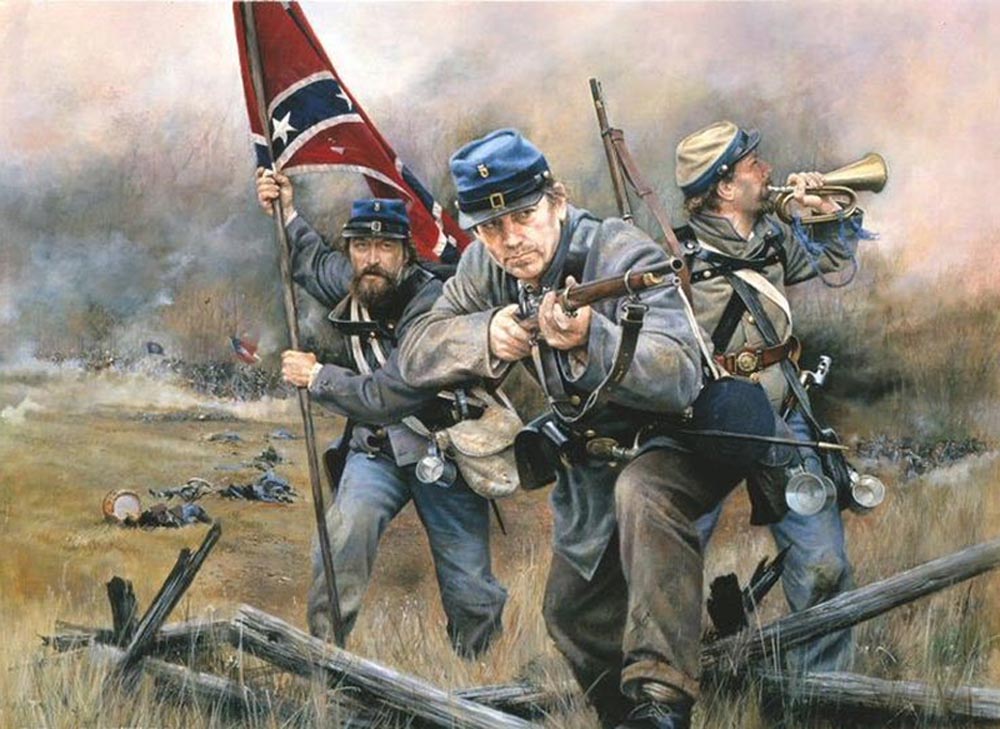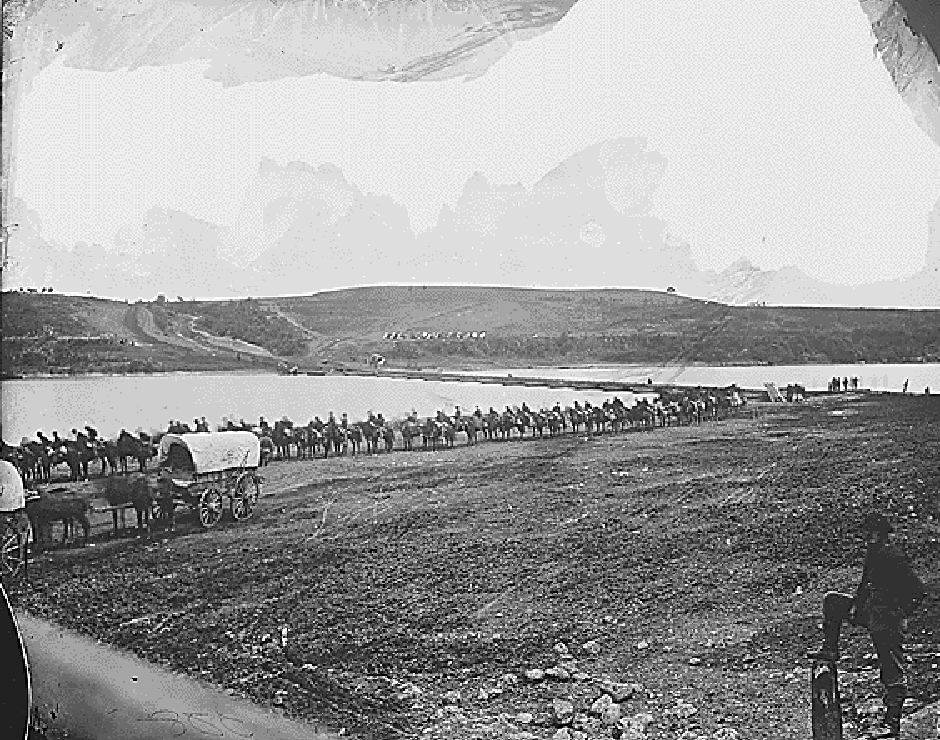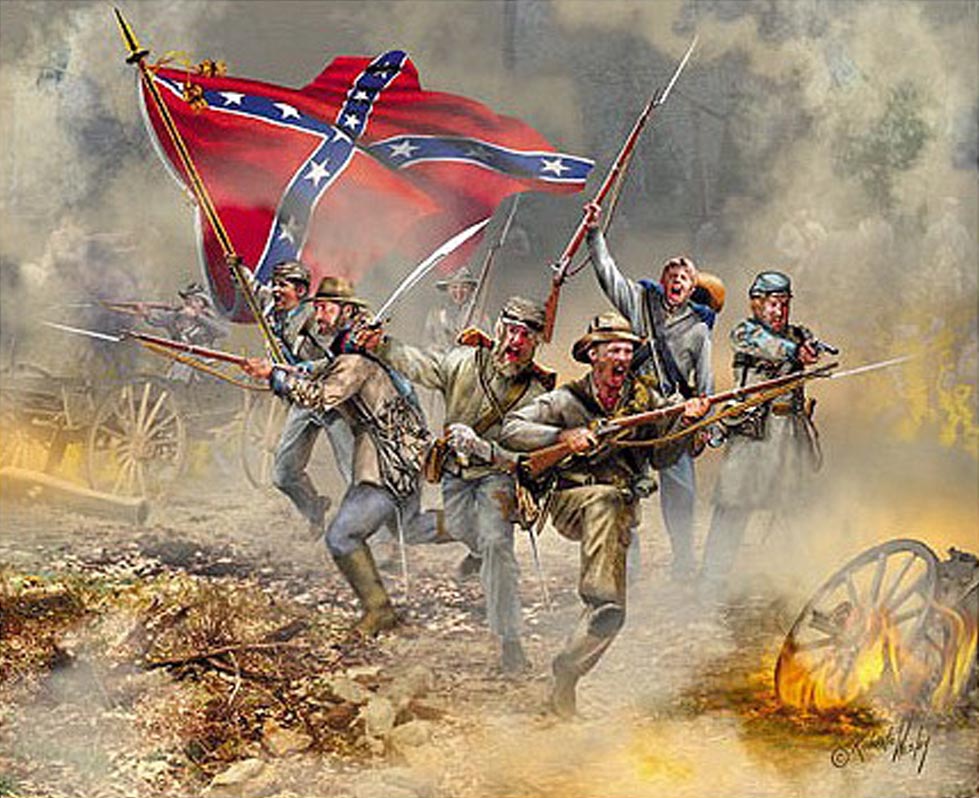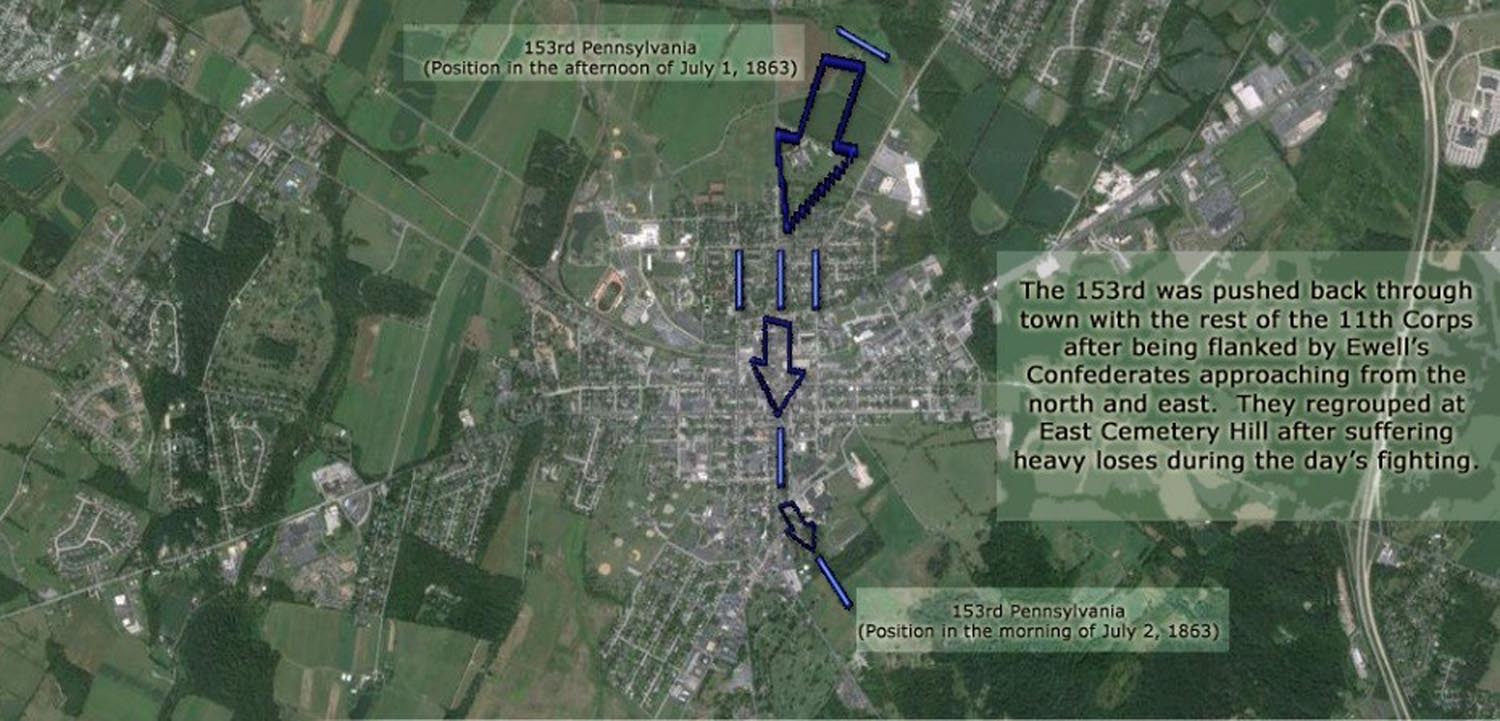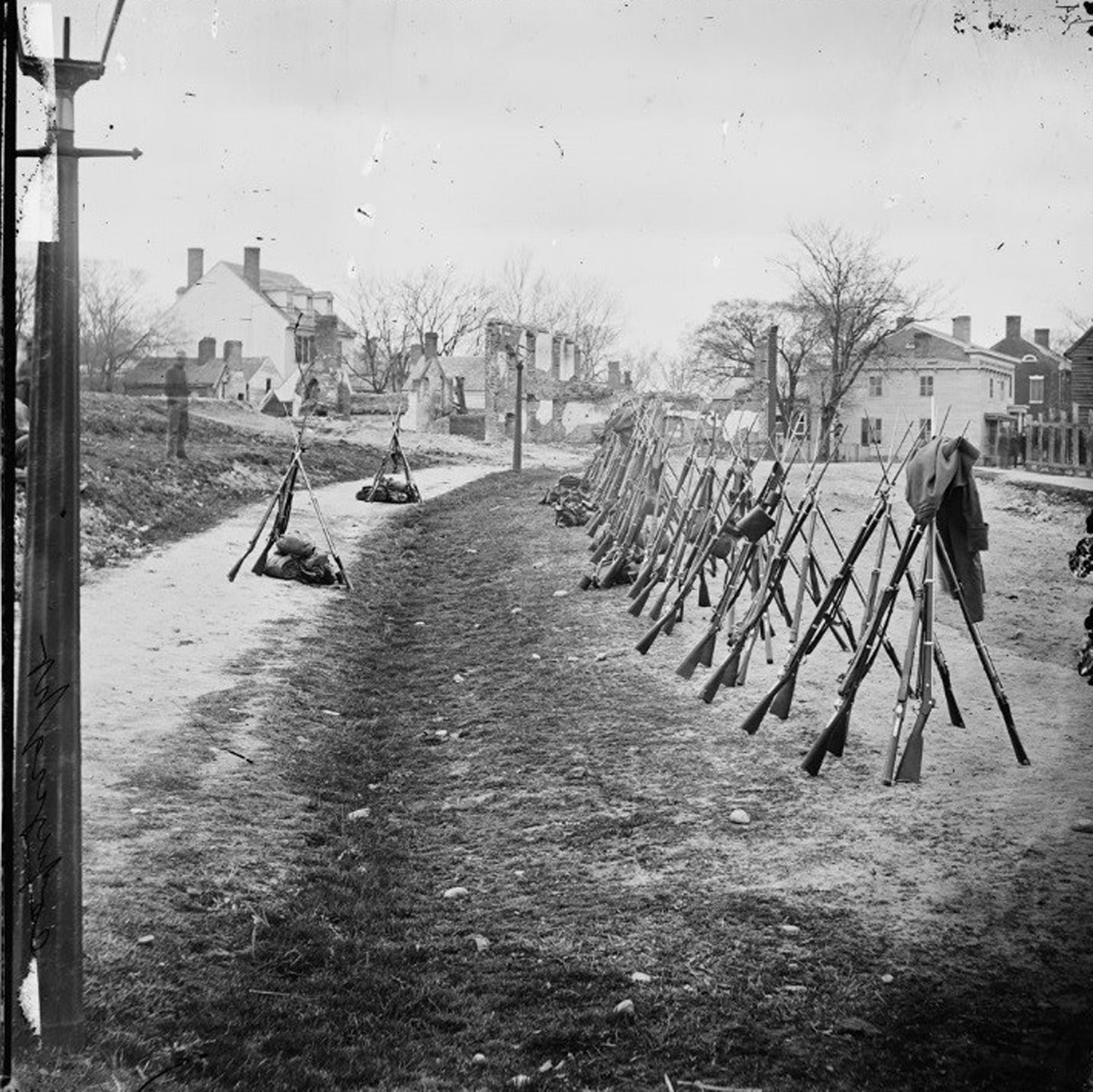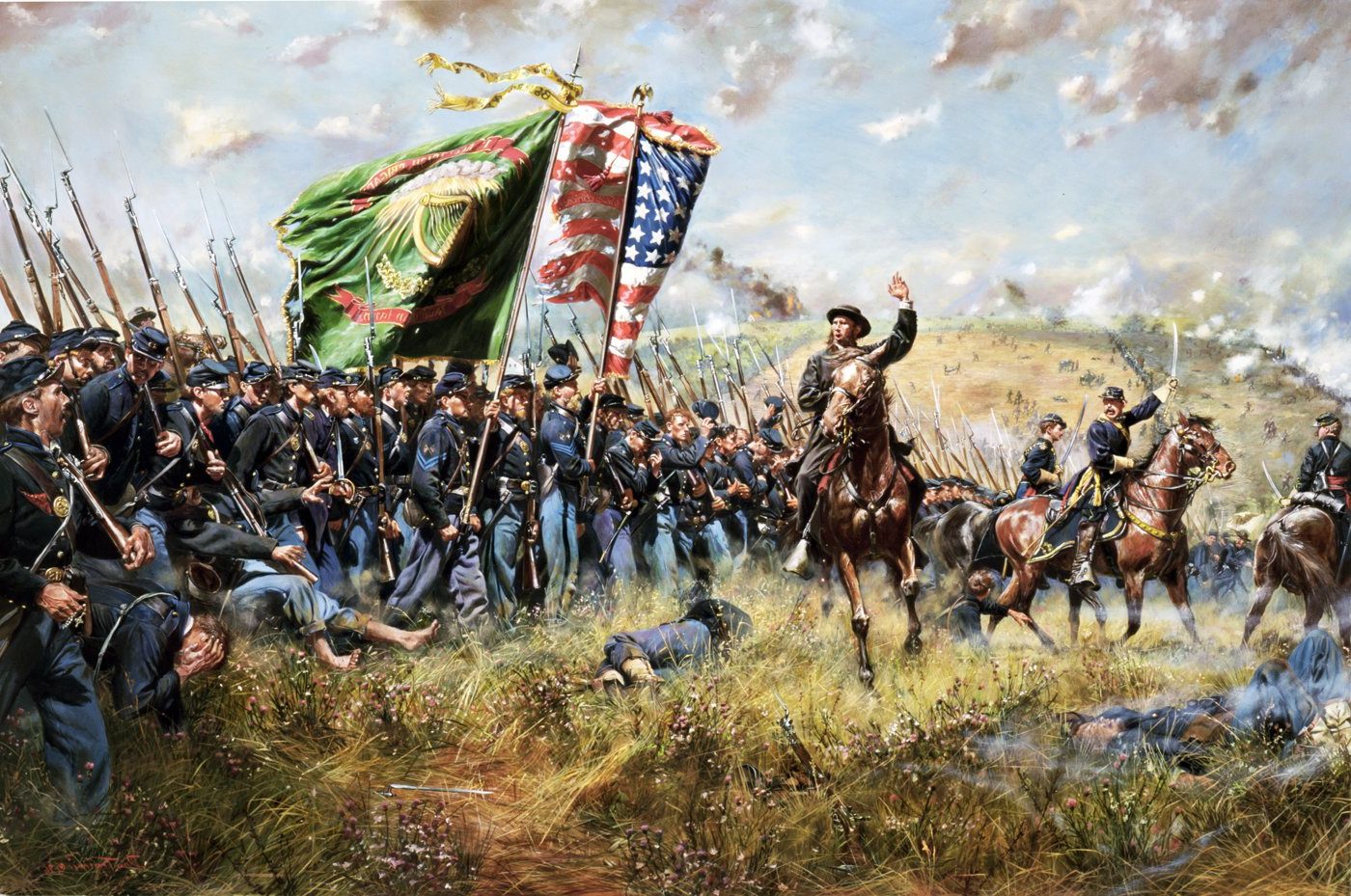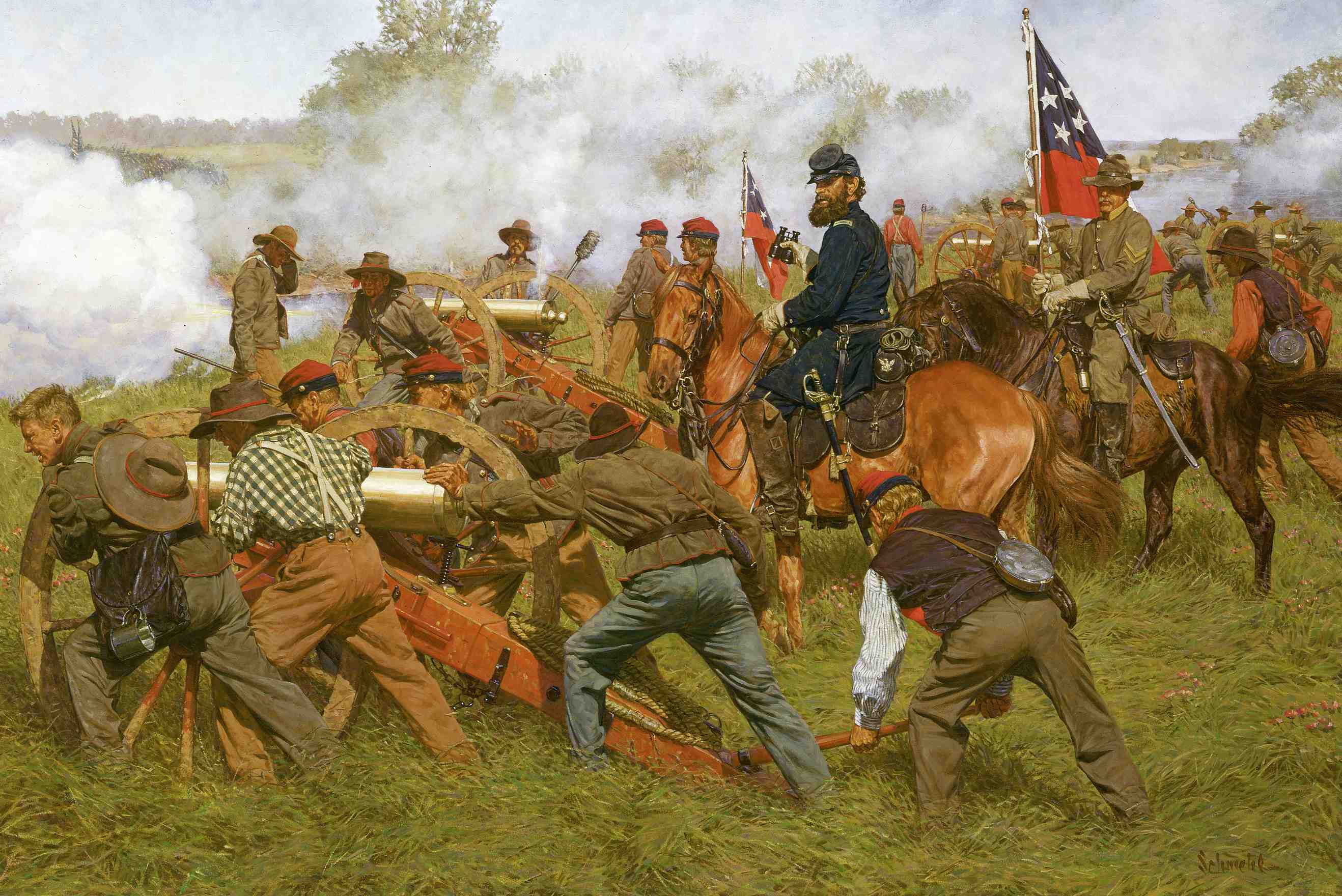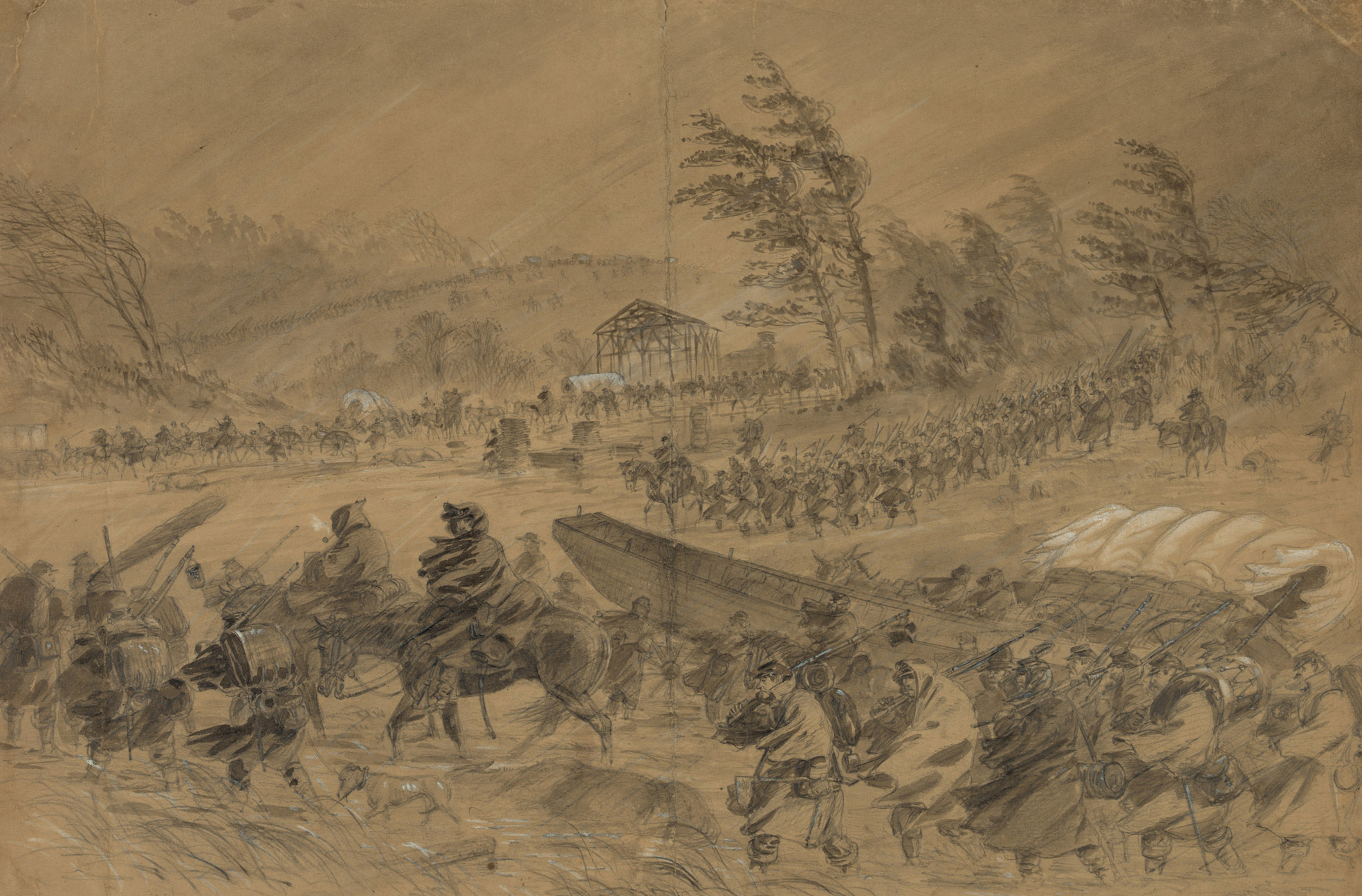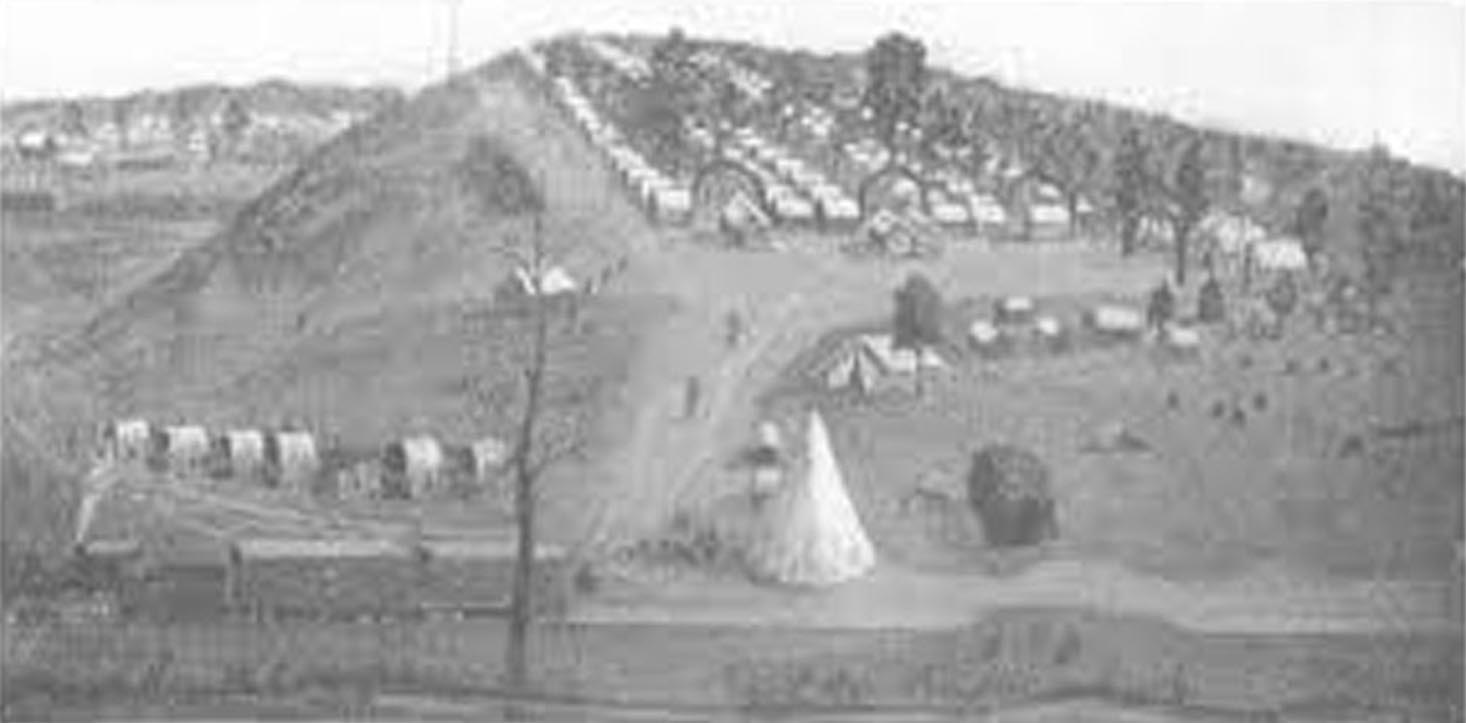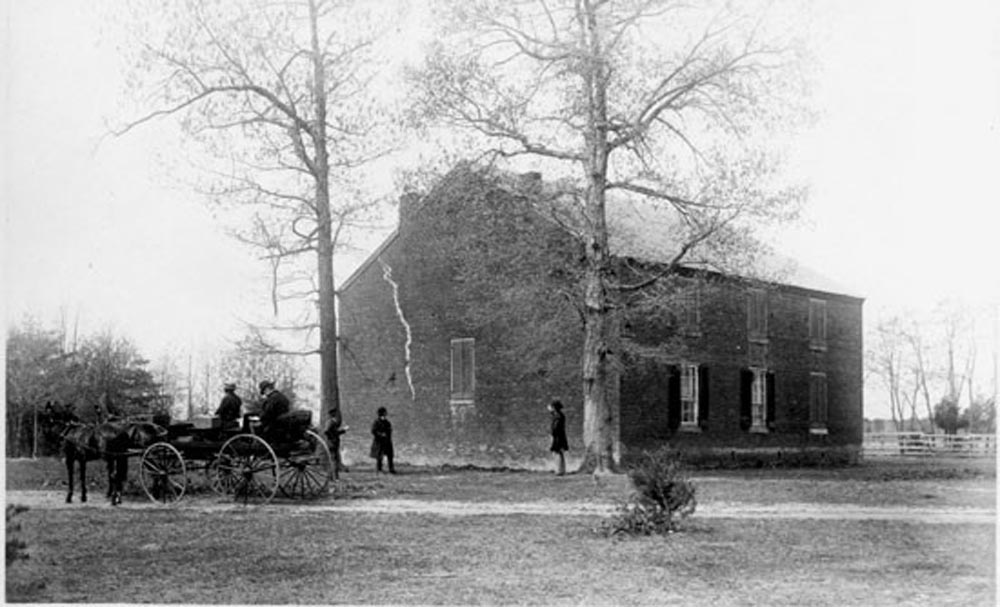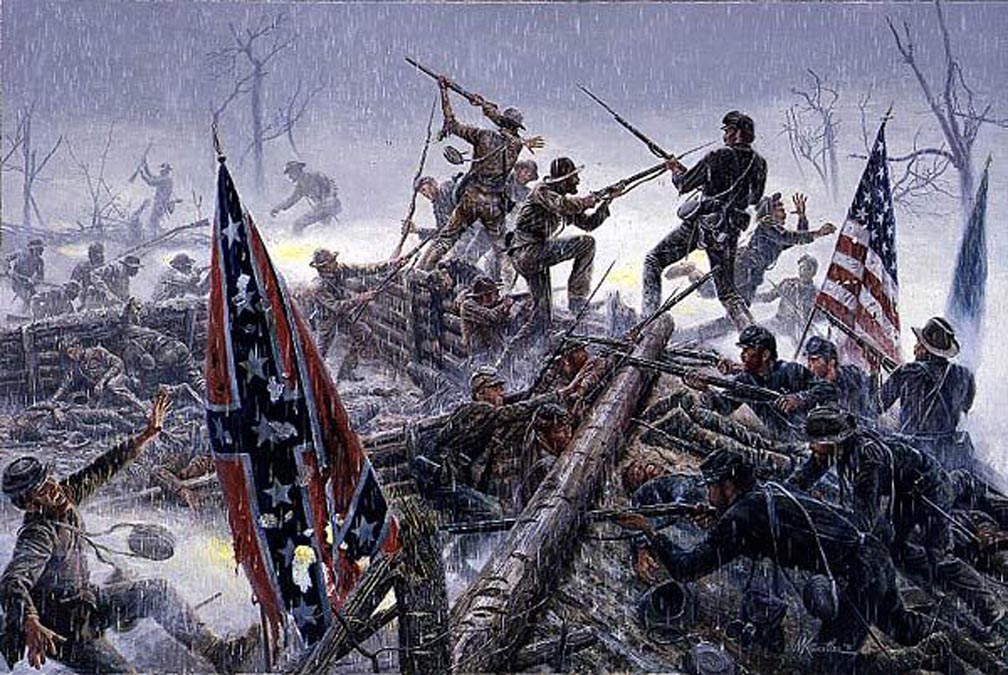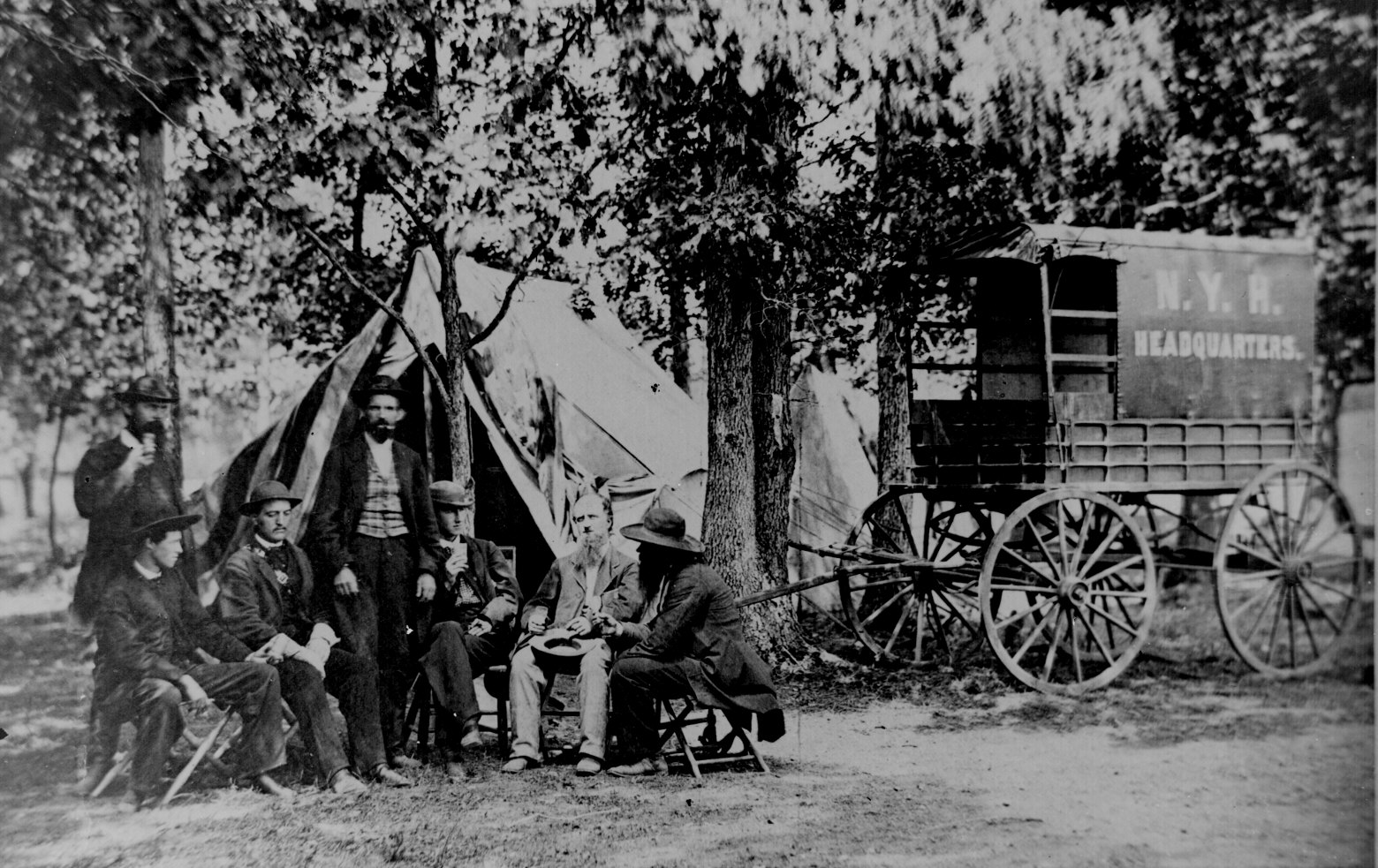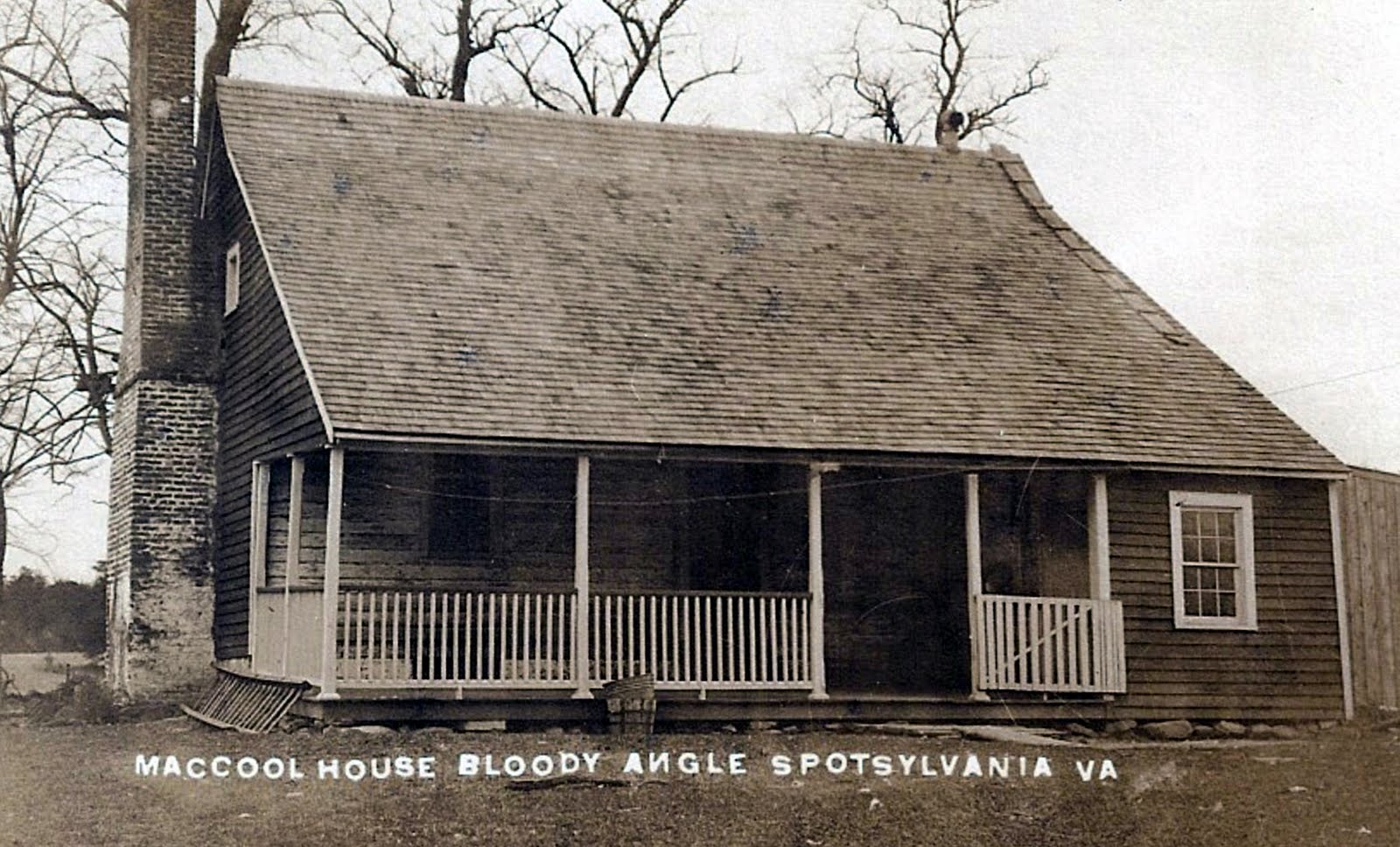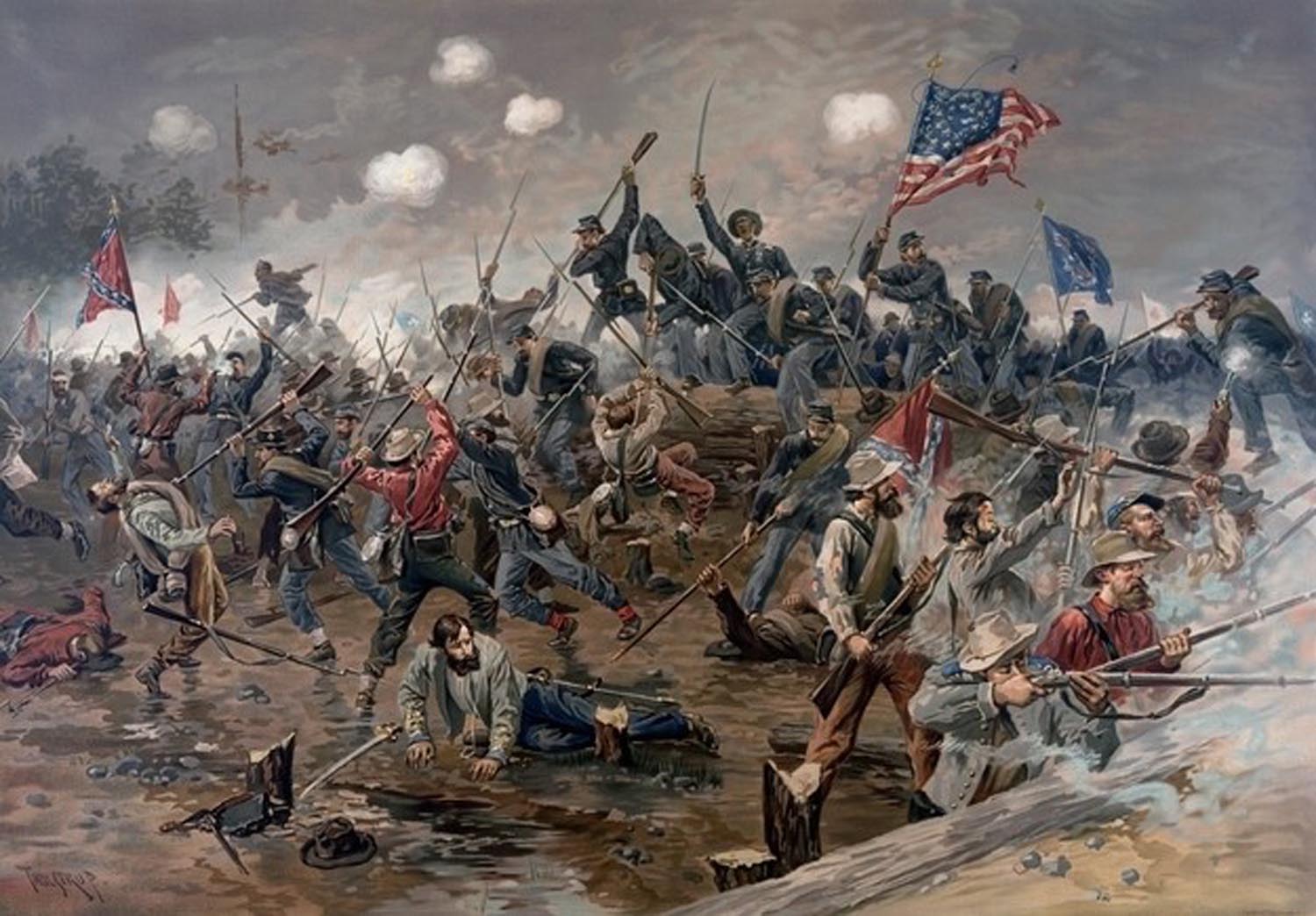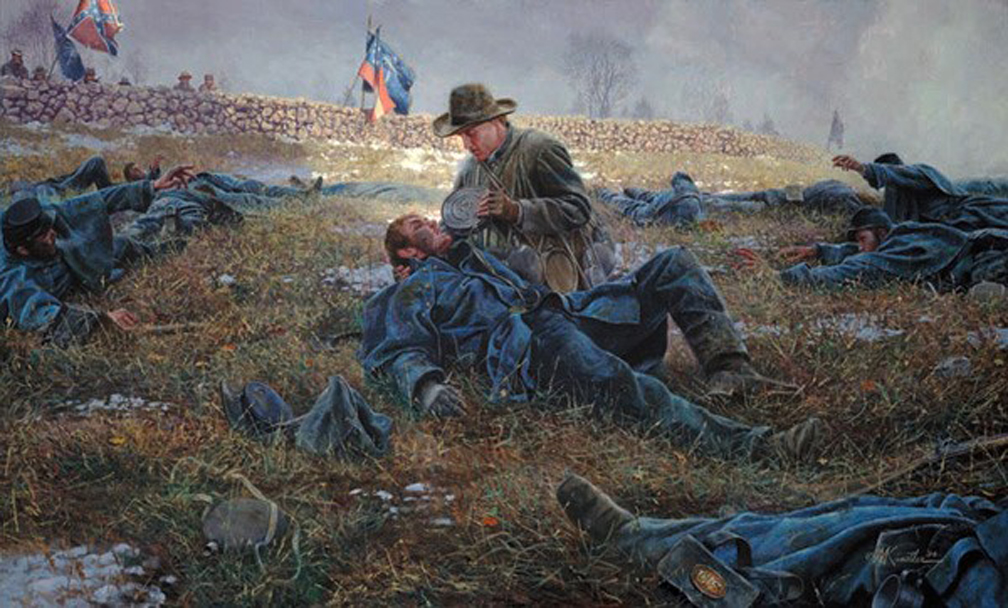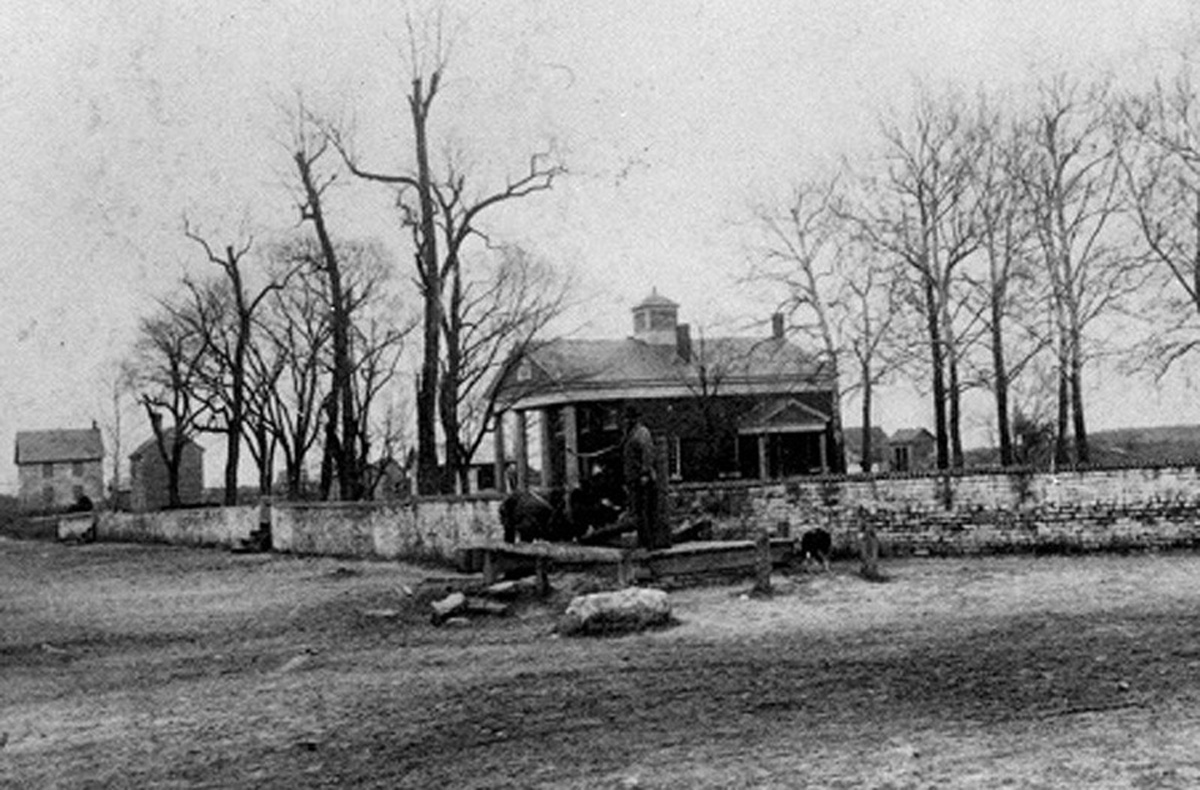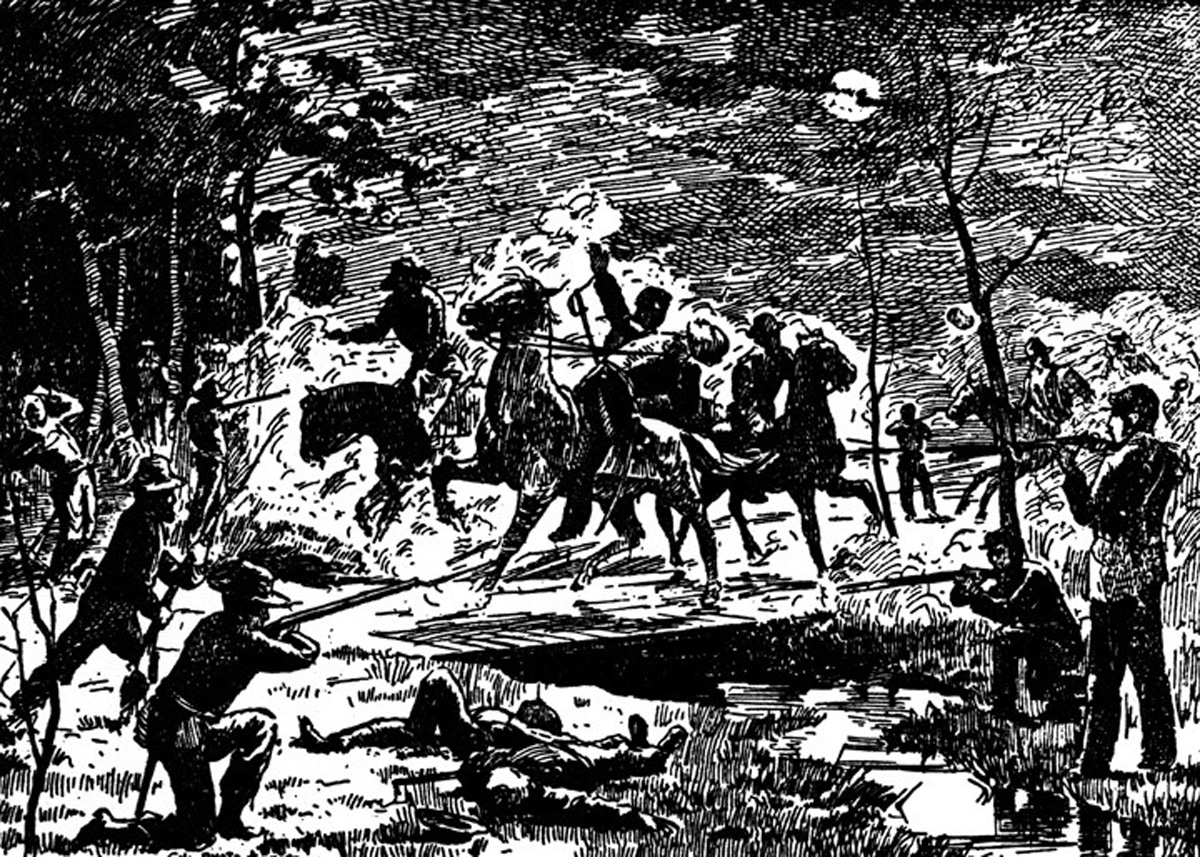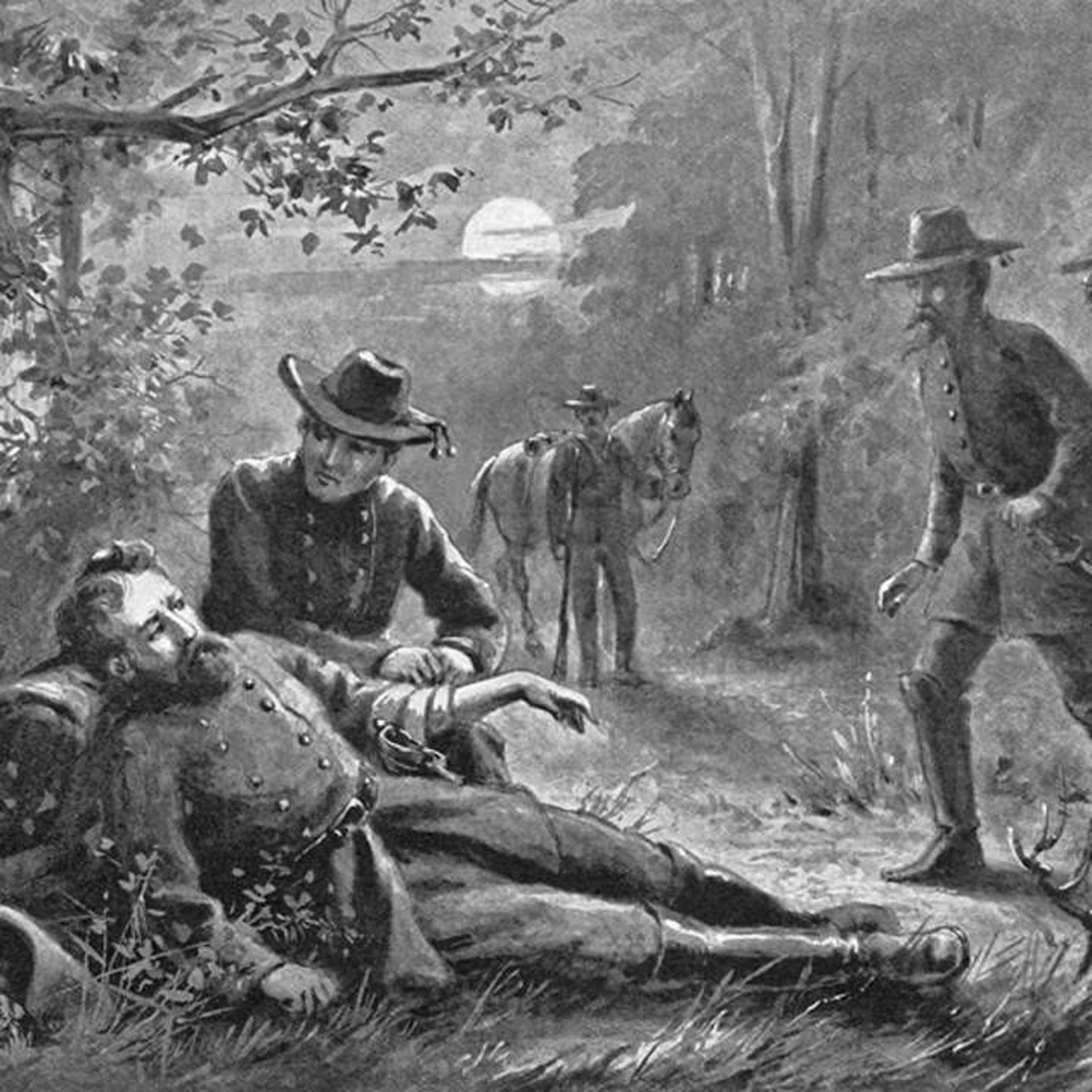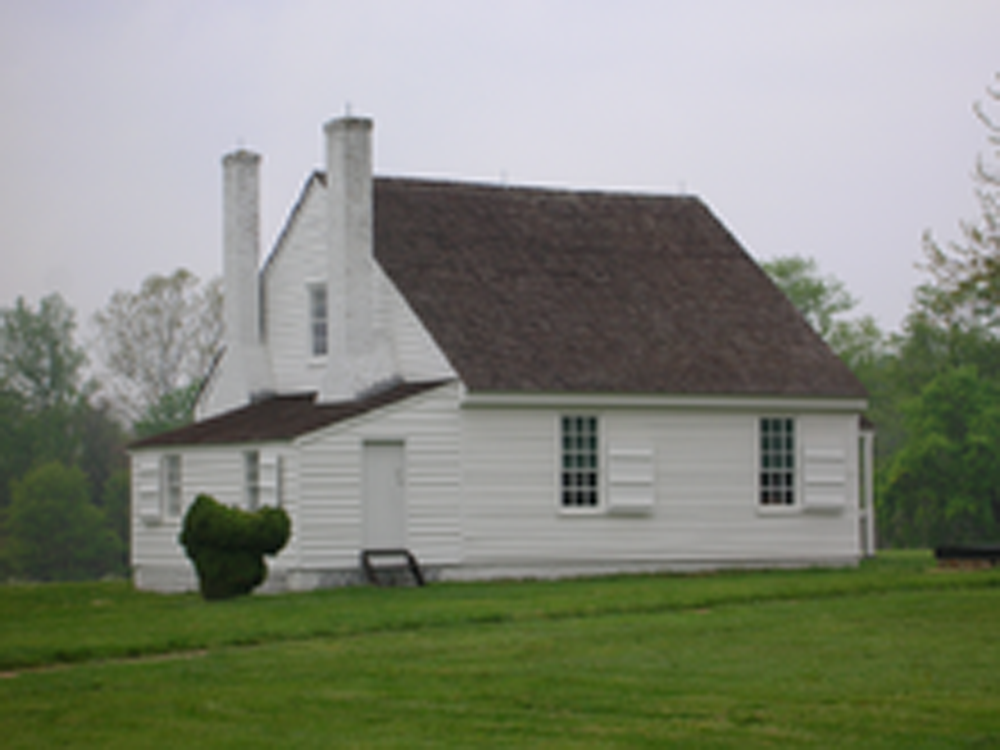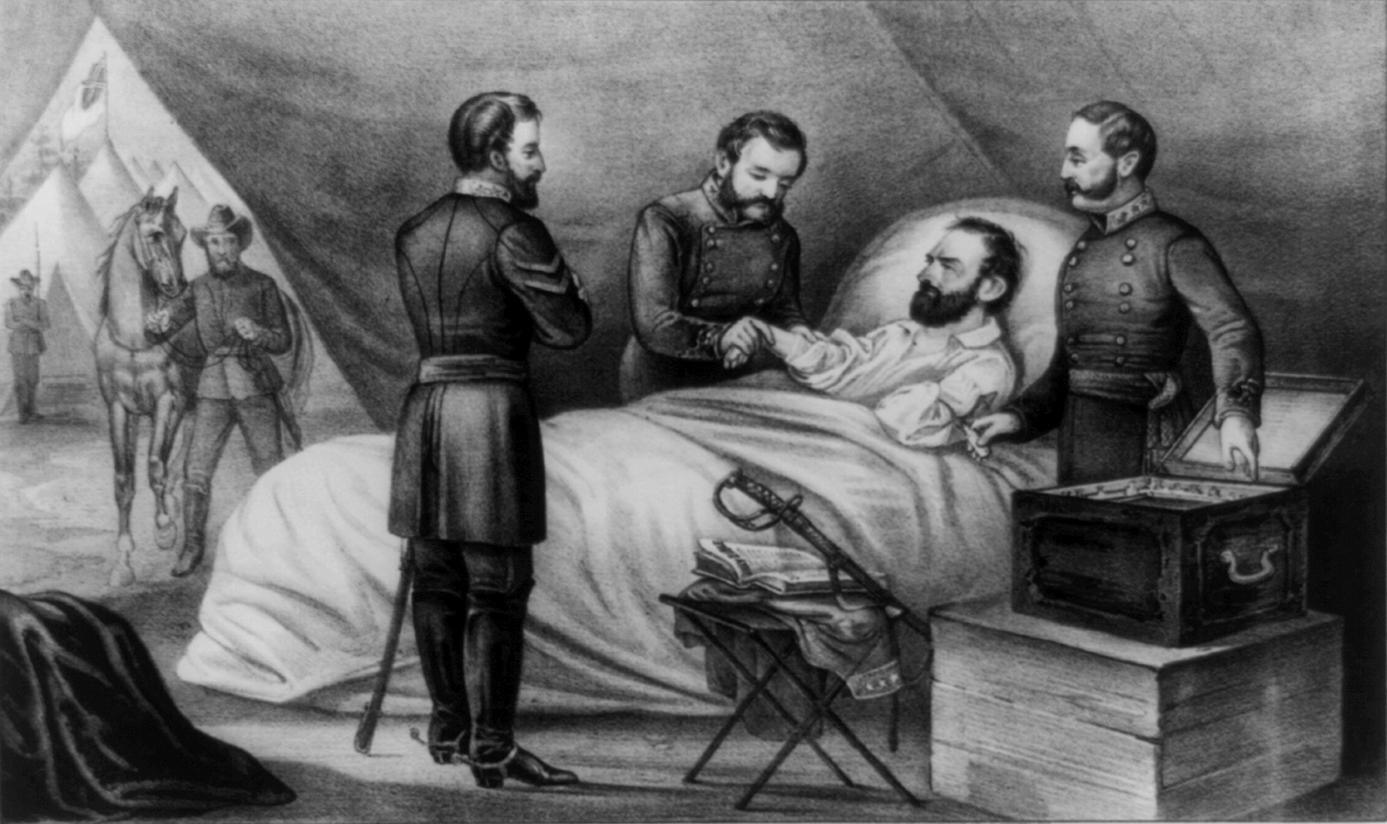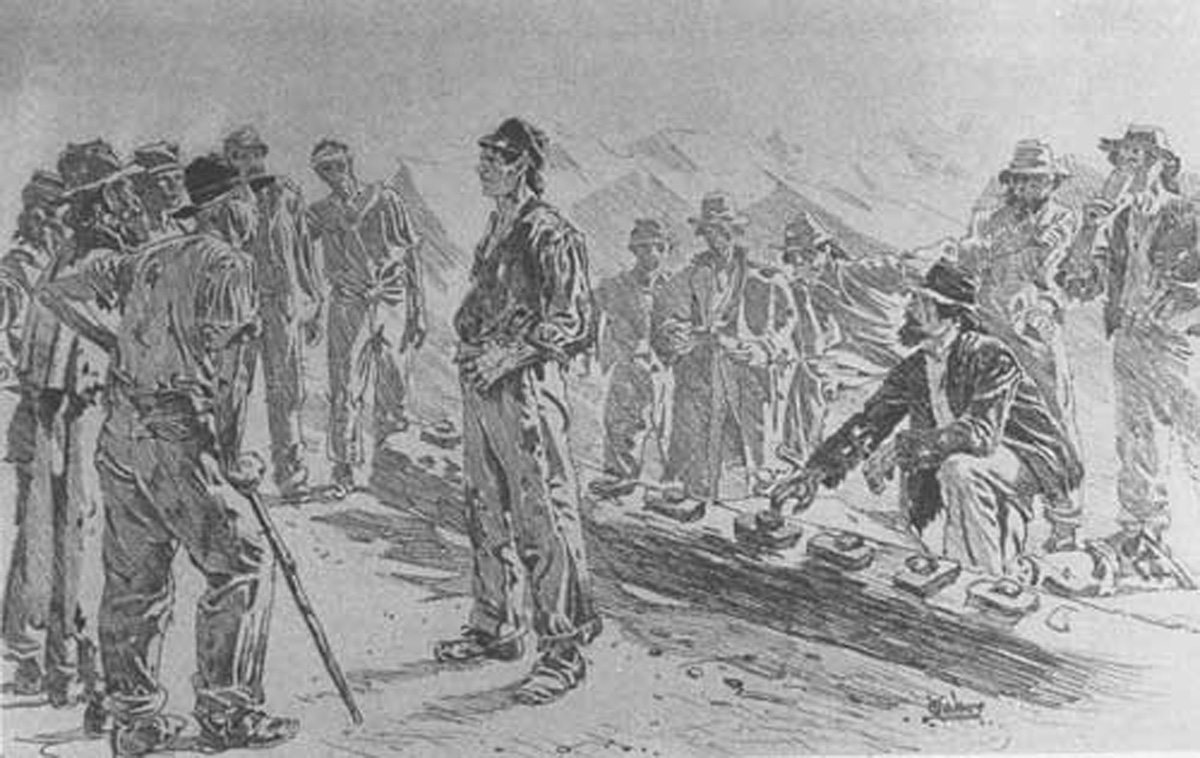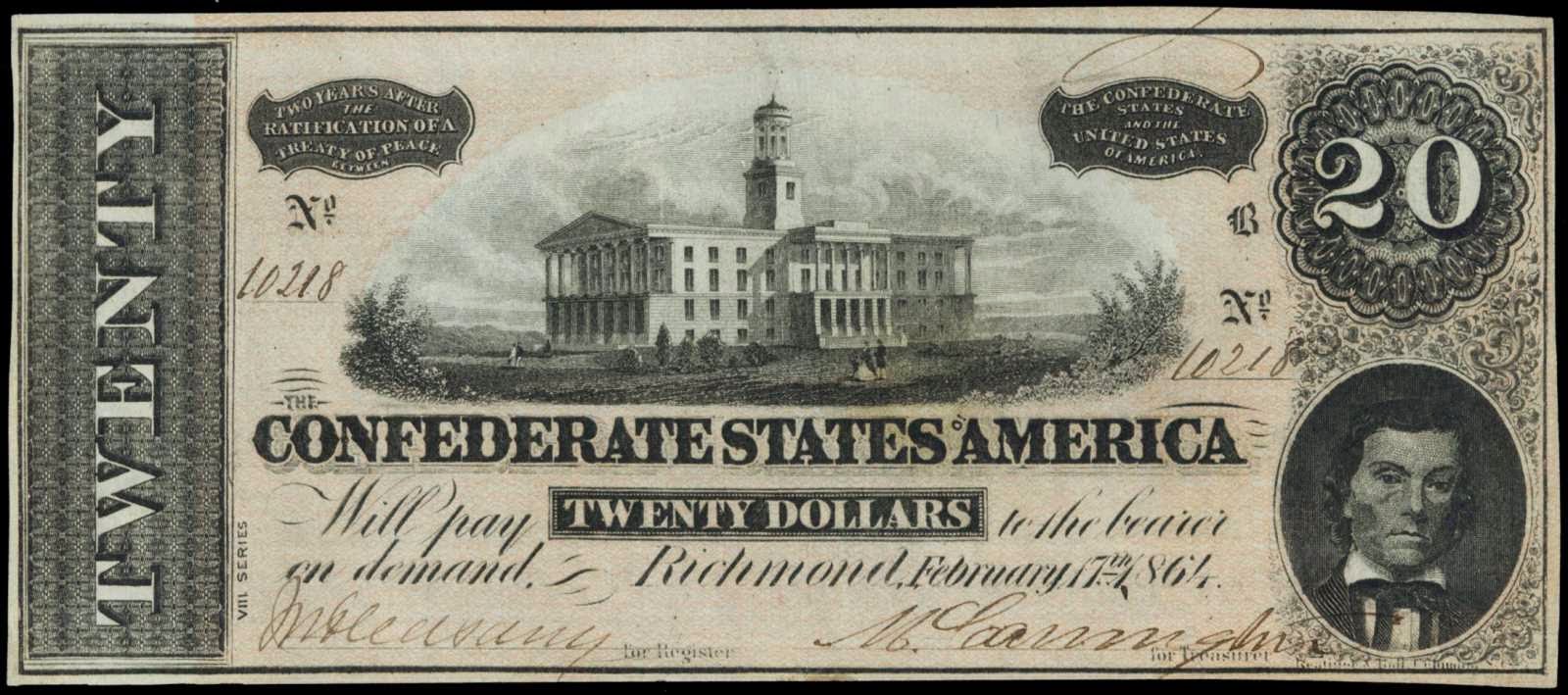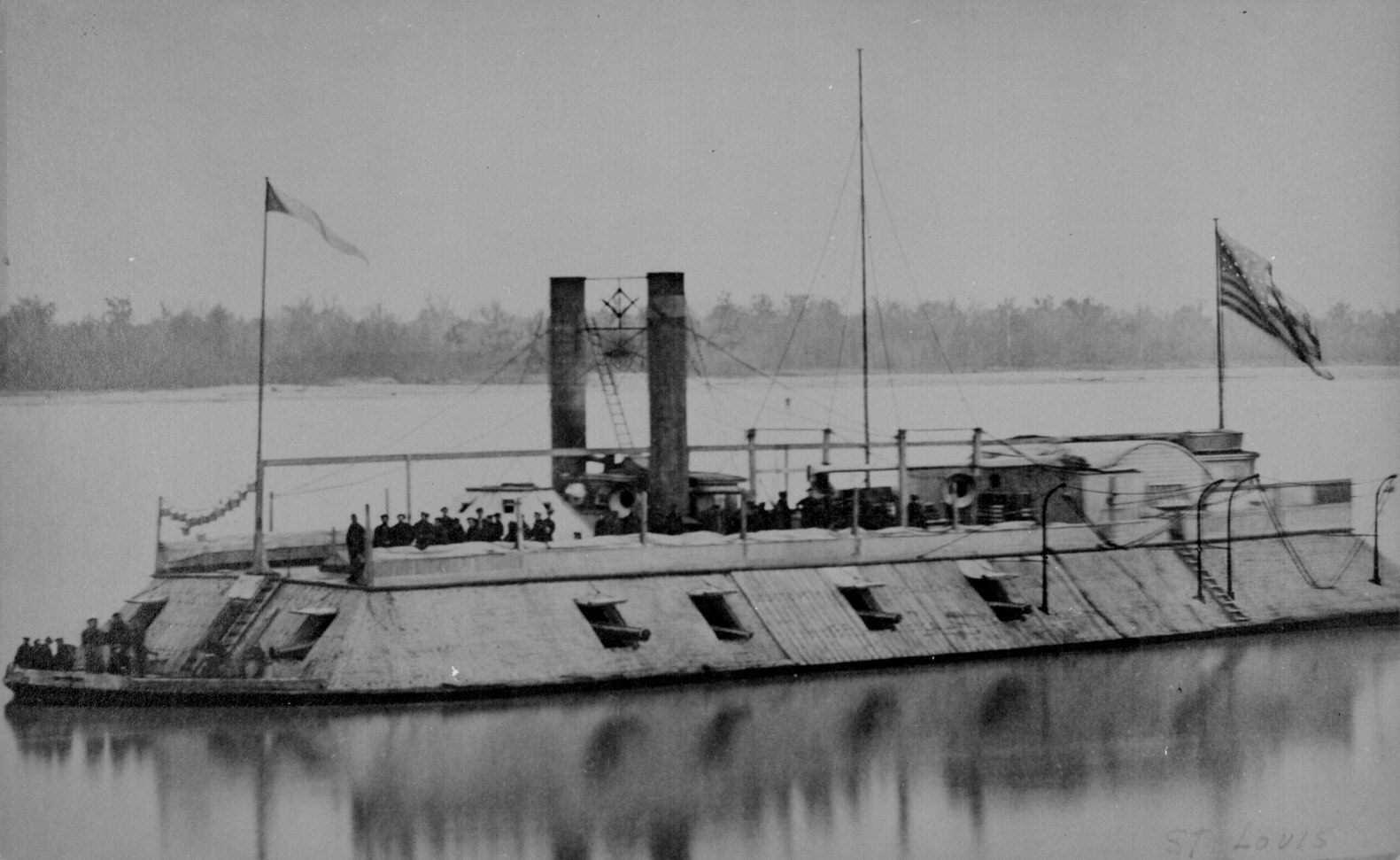David Knauss, Co. D, 153rd Pennsylvania Volunteers
Soon after David Knauss was born his father moved the family to Northampton County Pennsylvania where he spent his boyhood days on the family farm. Farm land was being sold in 80 acres plots and it was good bottom land. His father and a neighbor Jonah Godfreed bought one plot together and broke it up into two farms. David grew up with Jonah’s only son. He was a very large baby when he was born and his father gave him the name Chunky.
best friends
From the time this boy was in grade school no one messed with him or his best friend. David was small in stature, but he often stated, “I’m tall. It is just that everyone else is taller”. When the two boys wrestled and if David had fought real hard, sometimes Chunky would let him win but not always. But when it came to running no one could keep up with David. Chunky told him one day, “ the reason you can run so fast is your legs are shorter and you are closer to the ground”.
Together the boys made fond childhood memories of playing in the barn hiding in the hay. They used to make forts in the big piles of animal feed. Together they had found the best trout fishing holes in the stream that separated their two properties. The entire 80 acres was well known to them like each other’s face. The wild game was plentiful, and the fishing was always good. They gathered mushrooms in the spring, as well as acorns for making Chicory in the fall and traded them in town. In times of coffee shortage or economic crisis like the Civil War, Chicory root or Acorns were ground up and added to stretch out the supply. Parsnips were also added occasionally. Even burnt sugar was sold to coffee dealers and coffee-house keepers under the name of “black jack”.
chicory coffee
Although the two boys were the same age, Chunky was 1 month older than David, and they argued about that all the time. They received their education in the Township Schools, and in the woods of Northampton County. Running through the thickets and tall trees the boys became closer to God’s creation. They learned about Him on Sunday and the rest of the week felt His presence under the trees. They learned how to hunt and fish and survive in the forest. These two young men could provide for their family at an early age and they often did so. It was no surprise to anyone when later as young men they enlisted together.
David’s uncle owned the entire 80 acres next to his father’s farm. So, David and Chunky spent a lot of time playing with his cousins. The families very were large. Parents and several children, as well as an aunt, uncle, or a grandparent or two, lived under one roof. The close nit family ties gave all the young people in the neighborhood a sure sense of security. The families always got together for each holiday and shared the meal. The adults at the adult table, and the kids got their own table in another room. One year, when they were outside celebrating the fourth of July with a big barbecue, a traveling photographer stopped in on his way to town. He got all the children together and took a picture and for 25 cents each child got a small tintype. A tintype was made by creating a direct positive on a thin sheet of metal coated with a dark lacquer or enamel and used as the support for the photographic emulsion. Tintypes enjoyed their widest use during the 1860s and 1870s.
how to make a tintype
Tintype portraits were at first usually made in a formal photographic studio, but later they were most commonly made by photographers working in booths or the open air at fairs and carnivals, as well photographers traveling with their studio set up in a wagon.
the traveling photography studio
The process was first described by Adolphe-Alexandre Martin in France in 1853. In 1856 it was patented by Hamilton Smith in the United States and by William Kloen in the United Kingdom. It was first called melainotype, then ferrotype by a rival manufacturer of the iron plates used, then finally tintype.
a tintype was more durable than a paper photograph
One or more hardy, lightweight, thin tintypes could be carried conveniently in a jacket pocket. They became very popular in the United States during the American Civil War. Although prints on paper soon displaced them as the most common type of photograph, the tintype process continued to enjoy considerable use throughout the 19th century and beyond, especially for casual portraiture by novelty and traveling street photographers.
This was a rural farming community and all the children in that neighborhood went to the same one room school house. David and Chunky had many friends from families of different backgrounds. The Indian children from the Delaware tribe that went to the school were younger than David, but the boys taught them many things about surviving alone in the woods. The older boys loved to listen to the younger ones tell stories about their family’s life experiences as Native Americans.
Delaware Native American Indians
The Delaware Indians were originally known as the Lenape or Lenni Lenape Indians, the name they called themselves. The American colonists named them the Delaware Indians because their original homelands were along that river. These young braves were from different clans called Pele, the turkey, Tukwis-t, the wolf, and Pukuwanku, the turtle. They all had one thing up on David and the other kids. They could speak in more than one tribal language and pretty good English to boot. They were held in great favor among the other students in school. Later these clans will be removed to Oklahoma.
Delaware Indians signing the Treaty of Penn with Benjamin West
The Treaty of Shackamaxon, otherwise known as William Penn’s Treaty with the Indians or “Great Treaty,” is Pennsylvania’s most longstanding historical tradition. According to the tradition, soon after William Penn (1644-1718) arrived in Pennsylvania in late October 1682, he met with Lenni Lenape Indians in the riverside town of Shackamaxon (present-day Fishtown). There, beneath a majestic elm, they exchanged promises of perpetual friendship.
the Penn belt of wampum
In 1857, Granville John Penn donated to the Historical Society of Pennsylvania a belt of wampum (shell beads) depicting two men joining hands; the Lenapes had purportedly presented it to his great grandfather at the Treaty.
swing time
All the children played together outside except when the boys wanted to play war. Then the girls found better things more interesting to them to play with. They would play house with their doll and pretend to be a mother, or have a tea party. Girls liked to read books and notes from each other. At church the girls gathered in a circle and usually were left un-attended. The teachers spent more time with the boys because the girls were better behaved. They love to gossip about the boys when they got into trouble and, “old so and so said”, stuff. Girls love to have sleepovers whenever they could. Girls spent a great deal of time whispering and giggling, and passing notes.
girls playing together
There were two girls that stood out among the other young ladies that attended the local school and church. Rachel and Ruth were twin sisters that made you see double. They looked so much alike that they often traded names, so they could confuse any person trying to talk to them. Once when they were just newborns getting their first bath, their mother suddenly realized that she did not know which one was which. There was a small freckle in the eyebrow of one of the babies, so she decided, “this one shall be Rachel, because I will never tell that I got them mixed up”. Their mother never told the girls how she could tell them apart, but she could, and they always wondered how. As they grew older it was easy to tell them apart. Rachel was always the perfect little lady all prim and proper. Ruth sometimes enjoyed playing with the boys and she grew up to be a quite a tom-boy. But, when the two girls wanted to, they could keep you guessing who was who.
Whenever the girls wanted to play together without the boys in the way they would say, “let’s ask Rachel and Ruth what they want to do now”. Young girls in those days, in some areas rarely attended school, homemaking was a full-time job. What they would mostly do during their pass time is sewed, do needlework and visited one another. Women and girls would spend much of their time writing letters. Because paper was difficult to obtain at the time, the girls wrote on birch tree bark, in the sand, and on the ice and snow. They used the leaves of the trees and scrap strips of leather for their manuscripts.
In Northampton County, all the children went to school together, boys and girls. Classes would be held sometimes, due to the season, either inside or out. Each child had a small black chalk board to, work out, and complete the lessons. Good penmanship was always a requirement. All the girls loved to practice their hand writing and they felt lucky when they got a piece of paper to do it on.
Platt Rogers Spencer penmanship chart
Platt Rogers Spencer designed the Spencerian method of cursive handwriting. He is known as the “Father of American Penmanship”. His writing system was first published in 1848, in his book Spencer and Rice’s System of Business and Ladies’ Penmanship.
girls at play
The boys thought that playing war was fun. You could shoot at anything with just using your forefinger of either hand. Your guns never ran out of ammunition or bullets. And if you made a good, “bang” sound it was quite a believable hand toy. But the best part of playing war, was playing dead. You were judged by the other boys on how well of an actor you were. An even better part of the game was you could get up after being killed, and keep on playing war again, and again with the same results. Nobody really died. It was just a fun game.
Although, sometimes things got a little ruff out there in the brush. One time one of David’s cousins was using a stick as a rifle, and as he was running the stick became lodged between two trees and broke. The broken piece struck the boy on the right side of his face. It gave him quit a cut that later left a small but deep scar. This young lad did not complain he brushed it off by saying, “I drew first blood” and along with the other boys they all had a great laugh.
Whenever the boys wanted to play war, which seemed like always, the girl had no problem keeping busy doing girl things. When they had time away from learning about homemaking, girls played games. The game of Graces was played by two players, either two girls or a girl and a boy. Boys did not play Graces with one another because it was considered a “girl’s game.” The game involved whirling a colored hoop toward your partner, who attempted to catch the hoop on the tip of a slender wand. This elegant game was considered to offer young ladies both proper and correct exercise.
graces
One game the girls did play with the boys was Jackstraws or Pick-up-sticks. The Indian children at the school taught them to play it with straws of wheat. To play, all that was needed was a pile of wood splinters or straws. The sticks are heaped in the middle of a table. Each player takes a turn removing one stick from the pile. The challenge is to do so without moving any of the other sticks.
jackstraws
Playing dominoes was a favorite pastime in the late 1800s. This game was played by young and old. Dominoes are flat, rectangular blocks called tiles or bones. Each tile has two groups of dots on one side. The dots range in number from zero to six. The tiles are put in the middle of the table, face down. The first player to lay down all of his or her dominoes by matching up the numbers wins.
Civil war dominoes
Rachel and Ruth were inseparable when they were young but as they grew older Ruth got into more outdoor things like the boys were into. She loved to go hunting, not so much for the thrill of the kill, but she liked the “free-ness” of being out in the woods. She had no problem slipping on boys pants to keep warm when she went hunting with them during the winter months. She was a deadly shot with her father’s rifle and she bagged her first big buck when she just turned a teenager at the age of 13. The boys with her that day were amazed that Ruth insisted that she field dress out her own deer. Thereafter, Ruth always had a well-deserved, and very proud memory of that day.
first deer
Rachel loved to read, and she devoured anything in print. She used to keep all the newspapers she could get her hands on, so she could read the stories again and again. She cut out the stories that sparked here interests’ and kept them tucked neatly between the pages of a book. She loved to read the letters they published by Florence Nightingale about her experiences as a nurse in the Crimean War from 1854 to 1856. Nightingale was a prodigious and versatile writer. Her published work was concerned with spreading medical knowledge. She wrote her tracts in simple English so that they could easily be understood by those with poor literary skills.
letter from Florence Nightingale to Lord Raglan, 8 January 1855
Florence Nightingale, at the age of 24, and coming from a wealthy Italian family, felt called by God to help the poor and sick. She is considered the founder of modern nursing. She was known as, “the lady with the lamp”, when her and her nurses went to the Crimean War, and they saved many lives.
Miss Nightingale in the hospital in Scutari, 1856
Rachel read about her, as a nurse she took notice of the dirtiness and deterioration of the military hospitals. The conditions in the hospitals were very bad. Hundreds of soldiers were injured in the fighting. In those days, hospitals were basic, and the soldiers were not even given food and medicine to help them get better.
Florence Nightingale
Florence Nightingale told in her letters how when she got to the hospital, she saw that wounded men were sleeping in overcrowded, dirty rooms without any blankets. Wounded soldiers often arrived with diseases like typhus, cholera and dysentery. She saw that more men died from these diseases than from their injuries.
Nightingale used this statistical data to create her
Polar Area Diagram, or “coxcombs” as she called them.
Rachel could tell from reading her letters that the army doctors who worked there did not want the nurses helping. But, soon after they arrived, however, there was a very large battle and the doctors realized they needed the nurses’ help. Florence Nightingale realized that if the doctors were going to allow her nurses to work then they had to do a very good job.
the lady with a lamp
Rachel fully embraced the Nightingale effect which was a situation where a caregiver develops a romantic feeling for their patient, even if very little communication or contact takes place outside of basic care. She believed that feelings will fade once the patient is no longer in need of care. The two sisters enjoyed a lifetime close relationship. Whenever they were apart they always communicated daily with a short letter.
Jonah Godfreed, Chunky’s father ran a brewery on his farm. He grew grain, hops and all the things he needed to make beer that the local German people drank. David worked with Chunky at the brewery and at one time they talked about starting out on their own making beer. Beer is one of the oldest beverages humans have produced. The invention of bread and beer has been argued to be responsible for humanity’s ability to develop technology and build civilization.
old style German beer
Previously beer had been brewed at home, but the production was now successfully replaced by medium-sized operations of about eight to ten people like Jonah Godfreed. Beer, one of the most common drinks, was consumed daily by all social classes where grape cultivation was difficult or impossible. Though wine of varying qualities was the most common drink in the south, beer was still popular in the north. Beer became vital to all the grain-growing community. Jonah Godfreed’s beer was brewed the old German family way which he kept a secret to himself.
At the outbreak of the Civil War, like all young men at that time, David’s first thought was duty to his country. Even though his father and mother did not approve, he entered the service. It was in the Autumn of 1862 when the war trumpet was sounded throughout the North calling for recruits to strengthen the Union forces. Robert E. Lee’s army threatened a northern invasion and more men were called upon to repulse the enemy. Northampton County in lieu of a draft, raised a full regiment of volunteers.
“Henry, home”
David and Chunky rode together on the same mule named Henry on the way to enlist. When they got there all they had to do was turn him loose and swat him on the butt, then shout, ‘Henry, home” and the mule would find his own way back to the barn. David and Chunky enlisted together in Company D.
a company of Pennsylvania Infantry
David was an avid reader and he would devour any books he could get his hands on. His penmanship was impeccable and he also mastered numbers. The earliest known example of writing is the Sumerian pictographic system found on clay tablets, which developed around 3200 BC into a modified version called cuneiform. Cuneiform is from the Latin word meaning “wedge-shaped” and was impressed on wet clay with a sharpened reed.
Sumerian pictographic tablet 3100 BCE clay tablet
The Egyptian system of hieroglyphics also begin about this time using a system of syllabic writing. Two cursive scripts were created shortly after hieroglyphs were invented. Scribes wrote these scripts on papyrus, with ink using a reed pen.
the hieroglyphic typewriter
The Phoenicians developed a vowel-less system of 22 letters around the eleventh century BC. This is the first know alphabetical system of writing.
Phoenician alphabet
The Greeks adapted the Phoenician alphabet around the eighth century BC. They added vowels, dropped some consonants, and changed the order. They used all capital letters. Classical Greek lowercase letters were not invented until the Middle Ages.
ancient Greek alphabet
The Phoenician alphabet also influenced the Hebrew and Aramaic scripts, which follow a vowel-less system. One Hebrew script was only used for religious literature. Square Hebrew script, used in Israel, was developed from Aramaic around the third century AD.
Judeo-Aribic script
The Romans in Southern Italy eventually adopted the Greek alphabet as modified by the Etruscans to develop Latin writing. Like the Greeks, the Romans employed stone, metal, clay, and papyrus as writing surfaces.
traditional Roman
Roman cursive or informal handwriting started out as a derivative of the capital letters, though the tendency to write quickly and efficiently made the letters less precise.
cursive handwriting from the reign of Claudius (41 to 54 AD)
By the fifth century A.D. it included early versions of lowercase letters and sometimes flowed like modern cursive. Late in the eighth century Charlemagne tasked an English monk with standardizing the system. Influenced by Roman characters, Carolingian miniscule was designed for maximum legibility and featured lowercase letters, word separation and punctuation.
Carolingian minuscule
Gothic or black-letter script evolved from Carolingian, became the dominant handwriting from the twelfth century. This script was narrower, darker, and denser. The dot above the i was added to differentiate it from the similar pen strokes of the n, m, and u. Also, the letter u was created as separate from the v, which had previously been used for both sounds. Part of the reason for such compact handwriting was to save space, since parchment was expensive. Gothic script, being the writing style of scribes in Germany when Gutenberg invented movable type, became the model for the first type face.
Gothic / black-letter script
As the price of parchment and demand for books soared in the later Middle Ages, a denser style of writing evolved for European languages. Johannes Gutenberg used this Gothic approach for his printing press in the mid-15th century. Italian humanists soon revolted against the heavy look by reverting to a more Carolingian script and inventing a cursive form of it, known as Italic. Elegant handwriting emerged as a status symbol, and by the 1700s penmanship schools had begun educating generations of master scribes.
Italic Chancery calligraphy script
During the United States’ infancy, professional penmen were responsible for copying official documents, including the Declaration of Independence and the Constitution. Signature handwriting styles became associated with various professions and social ranks. Women and men were also expected to embrace a style unique to their sex.
American cursive
The officers were aware of David’s skills and he was therefore quickly assigned to the position of company clerk. He did not enjoy paperwork and being inside all the time, preferring to be working outside on the farm. David was a great help to the men that could not read or write. He would read them their mail and help them send letters back home. David kept a journal in a diary of his personal experiences and of those men around him. He kept it tucked inside the cover of his bible in his haversack, a small sturdy bag carried on the back or over the shoulder, used especially by soldiers. He took out the books, open the diary to the first page, and this day he made his first entry.
dear diary
No date:
“First I think of the home-leaving. The sad thoughts of separating from dear ones and the comforts of home. To engage in the turmoil of war—for which I have no taste whatever. Why did I with others, decide to enlist and join the 153d regiment? It was in response to the call of my country in her great struggle. That call was stronger than the ties which bind us to our loved ones. We spent a few days in Easton, our county seat, where we received our first military training. We were then moved on to Harrisburg and quartered in Camp Curtin. One of my most distinct recollections is that I was glad to get away from the place, though it meant going to scenes of active service. The sudden transition from home life to the camp life had a deleterious effect upon my health; It was not long until I could relish the soldiers’ diet; even a piece of bacon scorched over a hasty fire on the march. The boys had concluded that Comrade Moore would get us about as near to the front as he could. My reply to them was, “Boys, if you keep up with me from now on you will do well,” and my prediction proved quite correct.
a soldier’s shelter and bacon over an open fire
Chunky was very musically gifted from an early age. His voice could always be recognized in church singing the different parts of the choir. He loved to play the guitar but strings were hard to get. He found it was easy to carry a drum so he made his own and always had one or two with him. He could site-read music very well and later would often be called upon to lead the company band. Writing poems and putting them to music with the guitar was his favorite past time. But Chunky had a definite plan of action and he had a very mature attitude about his feature. Joining the army would be his stepping stone from the farm, to the medical corps, then on to medical school. He had already proven his scholastic abilities by being at the head of his class each year. Chunky was very humble about his abilities and always made his peers feel celebrated. Everyone that met him got a good first impression.
At the time of the organization of the 153rd Regiment Pennsylvania Volunteers Infantry David Knauss was 21 years old. Most of the Regiment’s officers and enlisted men were close friends or neighbors. Raised to war fever at the firing of Sumter he was among the first to respond to his country’s call.
Fort Sumter
To him belongs the honor of being one of the first who rendered his services to the Government and was accepted. His inborn military spirit and patriotic impulses prompted him to the respond to President Lincoln’s call for 75,000 men in the year 1861. This noble act gained him the esteem and well-placed confidence of the other men that he had encouraged to seek early enlistment.
President Lincoln’s call for 75,000 men
No date:
I was ready when the war broke out, but, my parents refusing their consent to my enlistment, I went over to Kaston and went to work on the Lehigh Valley Railroad, and when the 153rd was being made up I stole myself away from my parents and enlisted in Company D. I do not know who wrote to my family about this, but when it was time for us to leave my mother was there to see us off. She gave me a new hand knitted scarf, a copy of the family tintype, and a kiss on the cheek. I keep the tintype in my shirt pocket at all times.
quilt squares scarf
David closed the diary and placed it in the front cover of his bible. Then he very ceremoniously wrapped the books in the scarf that his mother had given him. He could still smell her sent on the handmade cloth as he placed it in his haversack.
recruiting poster Pennsylvania reserve Civil War
The examining surgeon and mustering officer tried to run some of the men in as a substitute. With the Enrollment Act, the Civil War truly began to be known as, “a rich man’s war and a poor man’s fight”, throughout the entire nation. It was possible with enough money to hire someone to take your place in the draft, a “substitute soldier”. The $300 commutation fee was an enormous sum of money for most city laborers or rural farmers. And the cost of hiring a substitute was even higher, often reaching $1000 or more. When David refused to do so, they offered him $1100. David told them, “there is not enough money in the State of Pennsylvania to hire me as a substitute soldier for another man”.
poster for substitute soldiers
.
.
Chancellorsville:
The Battle of Chancellorsville, fought from April 30 to May 6, 1863,
.
Chunky and David were conspicuous in the two battles– Chancellorsville and Gettysburg, and in both these great conflicts they were entitled to great credit for their soldierly conduct.
By the time the regimen passed Washington and reached camp on Virginia soil the devastation of war had become real, and some of the boys, began to realize entering the army was not going to be a picnic. They began to learn that privations were a part of a soldier’s life; and to think of the good things they had left on leaving home. The cloudy water of this place did not compare with the limpid streams of old Mt. Bethel’s hillsides, and the pure water which bubbles up from the base of the Blue mountain in sight of their home. They missed the cakes and pies of their mother’s tables. One of the boys was heard to say, ‘Oh! If I only could get home to get a drink out of our old spring!’ But they were told to be courageous, for we had enlisted in a cause of good we could afford to undergo self-denial.
No date:
The Blue Mountain boys were as worthy in soldierly qualities as the ‘Green Mountain boys’ of Revolutionary fame. From close and constant relations with these men of my company during the ten months we were together I can say they were men that could be relied upon for the doing of faithful duties whenever called upon. When our regiment reached Alexandria we were shown the building in which the young and gallant Colonel Ellsworth was shot while descending the stairs from the roof where he had replaced the national flag which had been pulled down.
Soldiers crossing the river
After the winter of ’62 and ’63, the spring gave indications of active service all along our lines. The entire army of the Potomac then lying on the north bank of the Rappahannock River was then ordered to be in readiness for an aggressive movement. On the morning of the 27th of April 1863, the advance began. The army moved in three columns, crossing in different places. General Hooker’s plans for getting his army across the river were well made and successfully accomplished. Having his forces now just where he wanted them, and the positions and other conditions so satisfactory, he was greatly elated and his address to the men was the occasion of great enthusiasm all along the line.
How successful his plans were, remained to be told. At this time, it was confidently expected that by the movements then going on, all railway communications between General Lee and his base of supplies would be severed. The Army of the Potomac was now supposed to be in such a position that there was nothing to prevent it moving successfully on the enemy.
Fife and drum band
The bands played, the men shouted and threw their hats in the air and we were just then the boys who would have the honor of accomplishing what had long been the motto: —’On to Richmond.’ But Hooker had evidently overlooked the fact that he had Stonewall Jackson to deal with. Again, are we reminded of the solemn fact that ‘it is appointed unto all men once to die.
The 153rd with the other regiments of the Eleventh Corps broke camp and marched to the neighborhood of Hartwood Church. After a short night’s rest, they moved on to Kelley’s Ford, arriving there after noon. On this second day of the march, which all old soldiers well know is always the most trying but the regiment did well. And the stragglers from it formed a very small number of those brought up in the rear by the provost guard. On the same evening at eleven o’clock camp was broken and in silence the corps was the first to cross the pontoons and penetrate the darkness and swamps of the southern side of the Rappahannock.
Building a bridge across the Rappahannock
After David had crossed on the pontoon the men marched up a high hill. Looking back he had a view of most of the army and a grand sight it was. It was approaching in three columns, each headed for one of the three pontoon bridges. The serpentine movements of the troops with their flying Fags was a beautiful sight.
Chest high water river crossing
Again in the night between one and four, in a heavy rain, the Corps crossed upon a narrow and dangerous bridge. All the men were momentarily expecting an attack having had during the day their rear harassed by some of the rebel artillery. They advanced along the plank road to its junction with the turnpike at Peck’s farm, about two miles west of Chancellorsville. During Thursday night, full rest was given.
A plank road
Just before going to sleep David took the scarf bound books out of his haversack and made an entry into his diary.
No date:
Somebody in my camp had liquor, at least our Captain’s little French cook seemed to have had too much. During the night, he accidentally discharged a rifle in his tent. The Captain was very much frightened, and greatly excited called the Company to ranks. He wanted to know who attempted to shoot him, and under great stress of alarmed feelings demanded to know. We were finally dismissed and returned to our tents, but not to sleep much that night.
Camp life
On Friday, General Howard made the disposition of the Corps in three lines of battle. Through the woods and across a road leading into the turnpike stood the One Hundred and Fifty-third Pennsylvania Volunteer Infantry. The General use them more as a close line of skirmishers, than a regular line of battle. They were ordered to stand three feet apart. They were still in this position Saturday noon supporting a section of artillery commanding the road.
The skirmish line of battle
David assisted in the slashing of the trees to make the barricade in front of the regiment on the Chancellorsville battle ground. General von Gilsa was present and told the men how to cut the timber but when he was hit by a falling tree he told the men, “Quit, that’s enough”.
Cutting down the trees to make a barricade.
Information was brought by a runner that an attack was expected on the right flank. Skirmishers were thrown forward into the woods and about five o’clock in the afternoon they reported the rebels were massing and approaching.
Advancing across open ground
Hardly had the information been brought in, and the line called into readiness, when the tooting of numberless small bugles was heard and the whizzing of balls began. The explosion of shells over and alongside of everybody clearly demonstrated that the rebels were in force. A fact which the thirty-five cavalry men on patrol had not been able to discover.
Cavalry at the Rappahannock
The rebels advanced closed in mass with their whole force. The attack was a concentrated volley of gunfire directed along their line of the brush barricade from end to end. And the Rebels were rushing over the cleared space where the trees had been cut down. At the opening of the battle at Chancellorsville John Ribble was the first man wounded. He stood in line next to David and he saw him fall. He never moved again. The dead man was removed in a wagon and taken to the rear.
The Rebel Yell
Sometime later David made an entry into his diary.
No date:
I was on the picket line when the rebels came rushing upon us through the woods yelling like fiends. At the command of the officer in charge I fell back into line, and soon the command to fire was given. My comrades dropped by my side. Soon the retreat commenced, one of the provost Marshalls trying to rally the scattered forces, struck at me with his saber, hitting my rifle, cut a deep gash into the barrel, by which I knew it ever after.
Gettysburg 45th New York monument dedication.
After the first volley, the Forty-fifth New York, accompanied by the two pieces of artillery, sought refuge in a very rapid change of base. And soon after the Fifty-fourth New York also retired. After both supports had withdrawn in mass, the One Hundred and Fifty-third Pennsylvania Volunteers still stood. And as a regiment they gave a parting volley to the enemy, which the rebel prisoners reported to have fearfully mowed down their ranks of the advancing First Virginia Brigade.
Path of the 153rd as they retreated through town towards Cemetery Hill.
Then the order to retreat was given and the One Hundred and Fifty-third certainly withdrew for the purpose of having men left to fight again. It was a moment of great excitement. As David retired from the Rebel advance he saw the stacked guns of the 41st Regiment but all the men were gone. He took a gun from the stack and fired. He found out the regiment behind the 153rd had retreated and left their weapons. Those troops were supposed to be guarding the rear. At a military hearing held after the battle Comrade Rhoads testified that when he retired from the Rebel flank at Chancellorsville, he saw the stacked guns of the 41st Regiment and the men gone.
Stacked guns
Several vain attempts were made to rally the retiring forces of the Eleventh Corps but they preceded on the retreat by the brigades and divisions to get the farthest away from the enemy as they could. It was impossible to find cover from the Rebels sharpshooters.
Couch’s Corps Forming Line of Battle in the Fields at Chancellorsville to Cover
the Retreat of the Eleventh Corps Disgracefully Running Away, May 1–3, 1863.
After the main body of soldiers had gone back about a hundred yards David saw Captain Howard Reeder of Company G standing not ten feet away. He was deliberately discharging his revolver into the ranks of the onrushing Rebels. He then turned and ran. David wondered to himself, “how he ever got away without being killed was a miracle”, as the Rebels could not have been more than 15 feet from him. This was certainly the deed of the type of leader that orders his men not, “Go forward here and there” but “Come along with me boys”.
“Come along with me boys”
Comrade Benner’s regiment occupied a position on the right wing, facing the southern army under General Jackson. In the beginning of the engagement the regiment had been ordered to lie down on their stomachs to shoot and roll over on their backs to load guns, thereby escaping the rebel balls. While in the act of loading his rifle a cartridge became jammed in the barrel and Comrade Benner arose to his feet to force the cartridge into place. While doing so, a Rebel soldier about ten paces in front of him took deliberate aim and fired wounding him in the right shoulder bringing Comrade Benner to his knees. But he bravely returned fire on the Rebel soldiers four times then the regiment was ordered to retire before Jackson’s attack.
Jackson and his Disciples
While retreating Comrade Benner met an ambulance which took him to the field hospital. Here he remained all night. The next morning the order came for all the wounded that were able to run to hurry across the Rappahannock at United States Ford. The hospital was in line with the ammunition train which the Rebels were shelling.
The next morning the Rebel army commenced to throw shells across the river towards the signal station and ammunition train. And again the order came for all the wounded soldiers that could to run. Fifteen of the wounded soldiers including Comrade Benner were loaded into an army wagon and taken to Stoneman’s Switch, there they were loaded into a cattle car and taken to Aquia Creek Hospital. After coming home Comrade Benner’s wound becoming worse, he was unable to return to the front and was finally mustered out with his regiment on July 24, 1863, at Easton, Pa. As soon as any, the One Hundred and Fifty-third Pennsylvania Volunteers was rallied and spent the greater part of the night in throwing up rifle pits. Then just before going to sleep David wrote by candle light in the little book his life. He tucked the diary away in his bible, and wrapped them up in the scarf, and along with his haversack made himself a pillow. He fell asleep with his head resting on what he had just written.
Rifle pits
No date:
There was a time today when the cannon fire was so fierce that every living thing tried to leave the thicket all at once. I watched as our lines began to break and fall back. The instinct of survival took over and I began to run. I saw a wounded man struggle to get to his feet and as he fell back with his last breath he waved me back and gasped “save yourself boy”. I ran thru a cloud of dust, smoke and blood hardly breathing from sheer terror. Shortly after making it to the safety of our battery lined up along the hill a call came out throughout the camp for volunteers to be runners. I was informed that my name had already been put on the list by an officer that saw me running from the cannon fire earlier. I was sent along with the men who stepped forward to the hospital tent to have a quick examination to make sure we were fit for duty as a runner. Out of twenty-two applicants but three passed the examination, and I was one of the them.
“save yourself boy”
David was detailed as courier on the Staff of General von Gilsa. The One Hundred and Fifty-Third Regiment was a favorite with the general, and he was often associated with it. He had also detailed several other men to be runners and selected them from the 153d. Sunday morning David moved with the company again into the front line of entrenchments. They stood opposite the center of General Hooker’s line of battle. They remained until Wednesday morning, when the corps covered the withdrawal of his army to the other side.
The Mud March Nor’easter
On Wednesday, in the midst of a terrible rain and natural condition of Virginia mud, the exhausted men returned to the former camp near Brooks Station. They spent the night recuperating their much-tired bodies. David was awakened long before dawn. He was told by an officer with a lantern on, but with the light dimmed way down so low David could not see who it was. Quickly he found himself on his first mission as a courier comfortably seated in a carriage with a driver who David had seen before taking many parties over the ground.
153rd camp at Brooks station
The carriage proceeded by way of the Plank Road towards Chancellorsville stopping at the Salem Church. This would shortly be the scene of a desperate fight which prevented the Sixth Corps from joining the main Army of the Potomac at Chancellorsville.
The Salem Church
The Command chose this place for officers and couriers to meet face to face so they could in battle better recognize the line of communication. The meeting was over almost before it started because shelling was heard in the distance. David was returned to the exact spot where he had been sleeping and in the morning none of the other men knew he had ever left.
When death is a daily reality promotion comes quick in the battlefield. About the time they left Brooks Station David was appointed Acting Assistant to the General Howard. His horsemanship and ability as a marksman was well known and he was a favorite among his men. David had proven himself earlier as a runner of great speed and agility. He was promoted to Corporal and given a document of free passage to permit his traveling as a courier. In David’s capacity of aide, he had very frequent opportunities by day and by night of seeing every one of the regiments in this division. At all times and under all circumstances, he found both the officers and men of the regiment in the best of spirits. No regiment in the corps went more gladly to battle, or more cheerfully submitted to privations.
Recovering the wounded in the dark
One night David was called upon to be an envoy to Major Freuhauff who had been wounded. His men helped David bring the major across the Rappahannock river while retreating from the field. They crossed under the cover of darkness. They had only gone a short distance on the other side when the horses refused to go any further. David had traveled down wooden roads before riding on the same horse. They were very bumpy, you had to go slow, but the horses never had a problem before. As quiet as they could, the men forced the horses forward. Then one of the men, using very poor judgment, tried to lite his pipe. The camp fires of the enemy were burning all around them. In the flash of the match the men could see it was bodies they were traveling on. The man immediately threw away his torch and used his spurs to get his horse into a full gallop. Each man got out of there the best way he could in the dark. No one ever talked about what had happened, not even to each other. They arrived at the hospital early in the morning, but found everything full. The major suggested that the men lie down on the ground. No sooner had they touched the ground than they all fell asleep totally worn out.
No date:
About 7 or 8 o’clock I felt the point of the major’s elbow in my side, when he said, “Look here.” I looked and the army was passing by, banners flying and the troops in full retreat for Falmouth and the old camp grounds.
The Confederate command become aware of weak points in Union Army and they made a circuit that completely enveloped their line. David later wrote about it.
No date:
I am an expert runner when I’m scared and I was not long deciding what disposition to make of my ‘worldly goods,’ rifle and ammo pack, but to leave them behind and made my way through the dense thickets, escaping with my life
There was but one point of the compass which suggested personal safety and that was due north. The next day was Sunday. David continued to use his athletic abilities until he reached the Rappahannock river. Here he stopped long enough to take account of stock, and investigate the surroundings. He finally concluded to go back and see how many of the boys of Company D could be found. David followed the line of breastworks of the different regiments and finally came to his men and they were all glad to see him. He missed a few comrades of the company and Chunky had the unfortunate job of telling him about personal friends who were killed at the opening of the battle. Among them were two members of the band that Chunky played in.
Bravely battling for all they hold dear at home
Monday morning they had a very lively brush with a line of rebel skirmishers on an opposite hill. David had the opportunity of seeing the coolness and determination, and feeling proud of the spirit animating those Northampton County boys. J.F. Frueauff Major commanding the 153rd Pa.Vols. had this point of view that was published in all the newspapers of Northampton county.
At such times to particularize would be improper ; suffice it to say that “ no officer was shot by a private, and no private cut down by an officer.” Those who have fallen—and, alas ! we mourn a number of such—have fallen in the noble discharge of their duties, slain by the hands of traitors ; those who have been wounded, have received honorable wounds by the shots of rebels; and those who are prisoners are now in the hands of “our Southern brethren,” not in consequence of their own faults, but by the fortunes of war. Hoping this exposition may set to rest all slanders, and assure every true and loyal patriot that he need in nowise be ashamed or should sneer at ‘Colonel Glanz’s regiment of Pennsylvania volunteers,’ and desiring you. for the sake of justice to your fellow-citizens now in the front rank of the army, bravely battling for all they hold dear at home.
New York Herald
In the opening of the battle in the Chancellorsville campaign David had been detailed to a detachment of men on skirmish duty, and was among the first to discover the approach of the Jackson skirmishers. The slashings of the trees had been done under the direction of the General in person, and were of the nature of abatis. (field fortification).
No date:
One of the men I recall who was detailed with me to assist in the cutting of the trees in front of the line, was Andrew Seigler. He rode a sorrel mare. He was one the first men killed from the regiment. I still have a letter we started to write together to his wife in my haversack. I will try to send it her on the next mail call.
Now David was spending more time with officers doing things he could not talk to the other men about. He felt like, “the chief, cook, and bottle washer”, because he had so many jobs from one end of the shovel, to the other end of the spy-glass.
Abatis is a field fortification
About this time, Sergeant Kiefer reported the woods in front of troops was being massed with men behind the thickets for a charge. David found out that by crouching down, he could see their legs up to their knees and saw that the force was a large one.” The Sergeant was captured later near the Almshouse and was a prisoner for several weeks but he was paroled. The Union Army was driven back by the Rebels at Chancellorsville on the afternoon of May 2d. Captain Oerter of Company C, was doing his best to rally the retreating soldiers. David along with some other brave men remained with him as long as they could. But when it got too warm he found it would be madness to continue there any longer. When David followed the men to rear and entered the woods he discovered a mistake. They found themselves in the rear of the enemy who had advanced its lines in pursuing their forces.
The McCool House
No date:
I spent the entire night trying to get out of the woods and eluding some of the enemy’s scouts. I drank water from the spring, near the McCool House, which slaked the thirst of many of the wounded and dying of both armies during the memorable siege.
In the battle of Chancellorsville David’s regiment occupied a unique position at the extreme right of the Army of the Potomac. It was the first to receive the attack of “Stonewall” Jackson’s Corps of Lee’s Confederate army. During the attack a rebel bullet grazed one of his fingers, merely breaking the skin. David was in danger, as he lay on the field, of being shot again by his own comrades. That this did not occur was entirely owing to the kind services of a Confederate soldier.
Spotsylvania Campaign
Nearby there was a clump of large trees which David and his men helped cut down. Now in the enemy’s line, formed in the rear, was one particular Rebel who took advantage of the protection afforded by these fallen trees. As the balls from his own Union forces were flying fast all around him, David asked the Rebel to place a large, loose tree stump that lay a short distance away, in front of him. “I don’t like the idea of being hit by my own regiment,”’ David said. The Reb kicked the stump toward him almost hitting him in the face. Hardly had the Rebel gotten back behind his own tree when three minie balls struck the stump in front of David. “Young man, I saved your life,” called the Rebel. David was not scant in his thanks as may well be imagined.
The Rebel was more talkative than David was, and he listen to him chatter until it got dark. Then the Confederate soldier just stood up and walked right over to David and set down with him behind the stump fortress. “I got some tobacco and some good corn squeezin’s and I be will’in to trade for some real coffee” the Rebel boasted as he showed off his jug. It was very obvious to David that the man from Dixie had already been squeez’in the corn because he sat down hard enough on his fanny to lose his breath for a second. He did not give David any chance to answer before he started talking again. “Don’t worry none, no one is watching us here, they all watching the fireworks from that-thar artillery”, the rebel pointed to the shells overhead. David had some hardtack with him and he gave it to the rebel along with a good drink from his canteen. Then he left him in the dark, but not before giving David some good southern tobacco and a pull on his jug of whiskey.
Confederate artillery in action
The Rebel shells exploded over the men all night in mass quantities. David was lying on his back, supported on his elbows, watching the shells explode overhead and speculating as to how long he could hold up his finger before it would be shot off. The very air seemed full of bullets. When the order to “get up” was given, David turned over quickly to look at Col. Kimball, who had given the order, thinking he had suddenly become insane. It was as if the order was never given, for Col. Kimball did not repeat it, and the men did not obey it. While lying on the field it seemed like out of nowhere came a boy by the name of Aaron Meyers of Co. D. He had a flesh wound in his leg yet he still carried water to David as he took cover. David cautioned the younger soldier to be careful, but he saw his body a short while later on the field.
Water from an angel
In the morning, Sunday May, 3rd, David got up and started for the regiment, but didn’t get very far before he found himself in the line of the Rebs. They had set out pickets during the night so he had no way but to be captured. He was marched about 2 miles to a field joined there by a squad of about 150. They waited about 1 hour then another squad of about 1000 came up. Then they were marched off, arriving at Spottsylvania Court House where they slept in the jail yard until morning. David awoke to relieve himself then under the bright light of a full moon he jotted down some notes.
Spottsylvania Court House
May 3d, 1863:
I was captured in the battle of Chancellorsville, at about 8 o’clock in the morning, and about one mile from our Saturday’s line of battle. In company with 4000 prisoners. I marched to Spottsylvania Court House where we were kept over night in the jail yard. Having two gum blankets I shared with Colonel Glanz, he and I sleeping together. On the next morning we left for Guinea Station. While resting on the way the Colonel gave me money requesting me to buy him a pair of shoes., as he found it very hard marching in his high-topped boots. After a long search I found a pair, but which proved to be too small for him. I then started out and exchanged them for a larger pair, which were all right. I also carried his overcoat for him on the march. We remained at Guinea Station three and a half days, during which time Stonewall Jackson was brought here wounded. He died before we left,* only a short distance from our camp.
General Jackson’s “Chancellorsville” portrait, taken at a Spotsylvania County farm
on April 26, 1863, seven days before he was wounded at the battle.
Lieutenant General Thomas Jonathan “Stonewall” Jackson rose to prominence and earned his most famous nickname at the First Battle of Bull Run (First Manassas as Confederates called it) on July 21, 1861. As the Confederate lines began to crumble under the heavy Union assault, Jackson’s brigade provided crucial reinforcements on Henry House Hill, demonstrating the discipline he instilled in his men. Brig. Gen. Barnard Elliott Bee Jr exhorted his own troops to re-form by shouting, “There is Jackson standing like a stone wall. Let us determine to die here, and we will conquer. Rally behind the Virginians!” He was killed almost immediately after speaking.
Jackson has since then been generally known as Stonewall Jackson. During the battle, Jackson displayed a gesture common to him. He held his left arm skyward with the palm facing forward. This was interpreted by his soldiers a prayer to God for success in combat. His hand was struck by a bullet or a piece of shrapnel and he suffered a small loss of bone in his middle finger. He refused medical advice to have the finger amputated.
Darkness ended the assault. As Jackson and his staff were returning to camp on May 2, they were mistaken for a Union cavalry force by the 18th North Carolina Infantry regiment who shouted, “Halt, who goes there?”, but they fired before evaluating the reply. Frantic shouts by Jackson’s staff identifying the party were replied to with the retort, “It’s a damned Yankee trick! Fire!” A second volley was fired in response and in all Jackson was hit by three bullets, two in the left arm and one in the right hand. Several other men in his staff were killed in addition to many horses.
Stonewall Jackson is shot by his own men
Darkness and confusion prevented Jackson from getting immediate care. He was dropped from his stretcher while being evacuated because of incoming artillery rounds.
Jackson is dropped being carried from the field
Because of his injuries, Jackson’s left arm had to be amputated by Dr.McGuire. Jackson was moved to the Chandler’s plantation named Fairfield. He was offered Chandler’s home for recovery, but Jackson refused and suggested using Chandler’s plantation office building instead. He was thought to be out of harm’s way but unknown to the doctors he already had classic symptoms of pneumonia, complaining of a sore chest. This soreness was mistakenly thought to be the result of his rough handling in the battlefield evacuation.
The plantation office building where Stonewall Jackson died in Guinea Station, Virginia
Dr. McGuire wrote an account of Jackson’s final hours and his last words:
A few moments before he died he cried out in his delirium, “Order A.P. Hill to prepare for action! Pass the infantry to the front rapidly! Tell Major Hawks”—then stopped, leaving the sentence unfinished. Presently a smile of ineffable sweetness spread itself over his pale face, and he said quietly, and with an expression, as if of relief, “Let us cross over the river, and rest under the shade of the trees”.
“Let us cross over the river, and rest under the shade of the trees”
His death was a severe steback for the Confederacy, affecting not only its military prospects, but also the morale of its army and of the general public. Jackson in death became an icon of Southern heroism and commitment, and became a mainstay in the pantheon of the “Lost Cause”. Military historians will consider Jackson to be one of the most gifted tactical commanders in U.S. History. Jackson’s tactics will be studied worldwide as examples of innovative and bold leadership.
David and the other captured Union Soldiers spent all day marching all until about 6 in the evening. They were allowed to rest for about 15 minutes then force to start again. The men marched about 1 mile and forded a creek about ½ mile wide and thigh deep. The Rebel guards marched them into the woods and made camp. It rained all night and the men did not get much sleep all wet. The next morning the Rebel guards got them up at 7am and started the march early for Hanover Station. Just before they got started David removed the haversack from his shoulder. He took out the scarf. and made his bag into a chair. He sat down to rest, even for a moment, knowing good and well that a hard march was coming. He wrote in his diary.
May 8th , 1863:
Raining again this morning. Arrived at Hanover Junction at 6 in the evening, still about 30 miles to Richmond. Started on the morning of the 9th. marched until 9 in the evening, then arrived at the Libby prison; to-day marched through mud and water ankle deep all day, very tired, could hardly stand on one foot any more, for supper we got nothing.
Prisoners being issued rations and trading for something more palatable
May 10th , 1863:
Sunday, in the morning at 9 we got about 1 pound of bread and l/2 pound pork. In the evening at 9 the same.
May 11th , 1863:
Monday, we got nothing till noon, then we got the same in the evening, 1/2 cup bean soup.
Confederate 20-dollar bill
The Colonel gave David a twenty-dollar Confederate bill requesting him to purchase some cakes from the Rebels for their use. He took a gum blanket in which to carry them. One of the most important items a soldier carried on campaigns was the water proof gum blanket. One of these blankets were issued to every soldier in the Union Army to help keep him and his bedroll dry. By the end of the War all gum blankets were coated with rubber. David found a Sutler’s tent and laid down the bill for the cakes. A Sutler was a person who followed an army and sold provisions to the soldiers, but he said, “I won’t take that money” David asked, “Why not? It is your own money.” He replied, “yes but our money won’t go in England, and yours will.” David went back and reported to the Colonel, who made some remarks which were not very complimentary to the rebel Sutler.
Federal “greenback” 5-dollar bill
Sunday the 10th he gave David a five-dollar greenback. For this they got about three or four pounds of what they call, “ginger snaps”. On returning he handed them to the Colonel but he said, “no pass them among our men.” This was done until there were four of five left these the Colonel refused so David ate them.
A Sutler tent.
A heavy thunder storm arose and the men were thoroughly drenched. They left the Station on the 8th of May about noon and marched to Hanover Junction. Here they remained overnight, and had rations dealt out to them, consisting of two crackers and about two ounces of boiled ham to each man.
David asked the Colonel of their guard how far it was to Richmond. He said, “ thirty-two miles boys and we must march the distance without stopping”. Which they did excepting short stops for rest. So off they started with the intention of marching all night. The men were forced marched until about 7pm. Then the hardest shower came up that anyone had ever seen, they wouldn’t let the men stop but made them march on.
The Rebels kept it up until about 9 and then they let their captives rest for the night. But again, very few got any rest for it rained and so the men laid in the wet until morning of the 14th. David thanked the Lord that he still had his gum blanket. Other men were not so lucky and had lost theirs or had it stolen. That day they passed thru City Point a very nice place but all deserted. It contained some 12 or 15 houses and all of them were pretty well riddled with shells that McClellan had fired in there from his gunboats.
A Union Gunboat
They arrived at Libby prison about ten o’clock that evening. About nine o’clock the next morning we were given a five-cent loaf of bread for eight men. Later in the evening the men were served with a cup of black bean soup, which was very poor stuff. These rations were a sample of what their daily diet would be during their confinement. Every day the officer of the floor would come in and say. “Yanks, fall in in groups of fours.” In this way, they were counted instead of having roll call.
Libby prison Richmond, Virginia
Union and Confederate forces exchanged prisoners sporadically, often as an act of humanity between opposing commanders. Support for prisoner exchanges grew throughout the initial months of the war, as the North saw increasing numbers of its soldiers captured.
At the outbreak of the War, the Federal government avoided any action, including prisoner exchanges, that might be viewed as official recognition of the Confederate government in Richmond. Public opinion forced a changed after the First Battle of Bull Run, when the Confederates captured over one thousand Union soldiers.
Being taken to Libby prison David thought his time fighting was over. But along with several other men they were only confined for a short period of five days. Then they were immediately exchanged at City Point and rejoined to their regiment. David had experienced some prison time and now he had to endure the march to Gettysburg. Later he would argue with himself about which one was worse.
No date:
When I came out of prison, confederate women were waiting to supply us with one cent biscuits at twenty-five cents a piece. 1 paid two dollars for eight biscuits. We marched to Petersburg the first day. We were in the rain all day and all night, but with cover at night. We left the woods about daylight and marched to City Point a distance of nine miles and arrived at 2 p. m., having marched about 32 miles. We were under escort of Cavalry and Infantry. The rebels were moving empty cars in the same direction we were going to bring back their prisoners and they could have taken us on board the cars as well as not.
Soldiers in transport
Next the march to Gettysburg
Word count: 10,852

